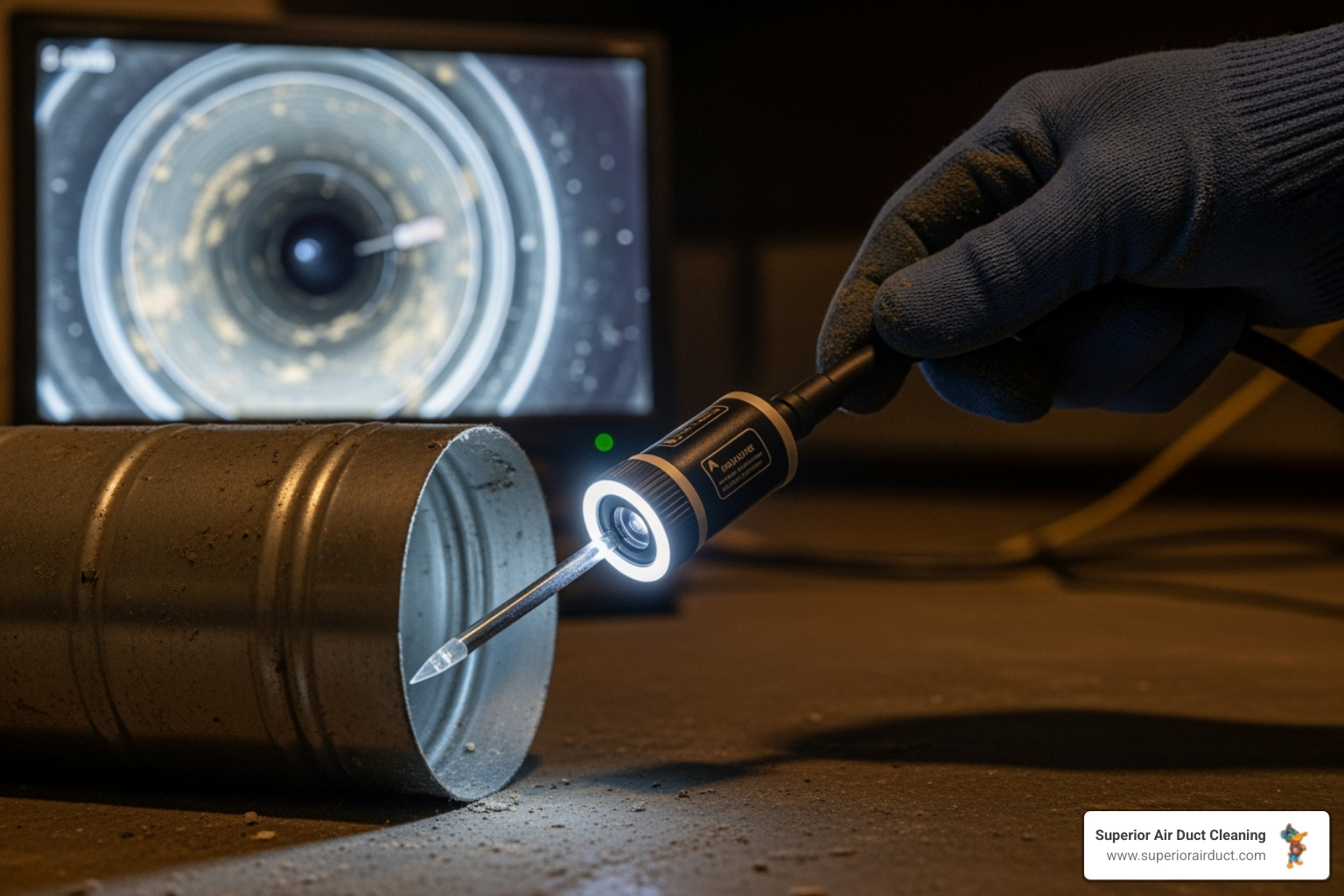
If you've noticed loud popping sounds coming from your air ducts in Wexford, it's not just your imagination. Many homeowners experience these noises, especially during seasonal temperature swings or when the HVAC system kicks on or shuts off. The sounds may seem harmless, but they can point to more than a simple annoyance. Ignoring them too long could lead to problems with your HVAC system or the ductwork itself.
Hearing strange noises inside the walls or ceilings can be unsettling, especially when they're sudden and sharp. While it's tempting to write them off as part of normal house activity, popping sounds from air ducts often mean something isn’t working the way it should. Addressing these issues helps keep your system running properly and gives you peace of mind that your home in Wexford is in working order.
Understanding the Popping Sounds
Popping sounds from air ducts are a common complaint for homeowners. Identifying what’s causing them is the first step in figuring out how to handle the issue. These sounds usually happen when your HVAC system turns on or off.
One of the most frequent reasons for the noise is the duct material itself. Most ductwork is made of metal, and metal reacts to temperature changes by expanding and contracting. When warm air passes through cold ducts or vice versa, the metal changes shape slightly, which leads to that popping or banging sound.
Here are the most common reasons your ducts may be popping:
- Temperature shift inside the ducts: When there is a sudden change in temperature, such as turning on the AC during a warm day, the metal ducts expand quickly, leading to noise.
- Poorly sized or installed ductwork: Sometimes the ducts may be too small or poorly supported. That makes them more likely to flex under pressure, causing loud sounds.
- Air pressure imbalance: When airflow isn't balanced throughout the home, ducts may push or pull more air in certain spots. This strain can trigger noises where the ducts move or buckle slightly.
- Blocked or restricted vents: Closed or blocked vents limit airflow, putting pressure on the duct system. That stress may cause panels to pop or flex more often.
A Wexford homeowner might notice the popping sound more in warmer months when the cooling system is in frequent use. For instance, turning on the AC during a hot June afternoon can trigger a loud pop in the ceiling above the hallway vent. It catches you off guard, and you can’t help but wonder if something's wrong. That moment of uncertainty is a signal to take another look at your ductwork.
Understanding the source of the noise helps narrow down whether it’s a minor concern or something that needs attention.
Diagnosing the Problem
Once you've heard the sound more than once, it makes sense to investigate further. Taking note of when and where it happens helps narrow down what might be going on.
Start with these steps:
1. Listen closely: Notice whether the sound happens every time the HVAC system turns on, or only in certain rooms or at specific times of day.
2. Walk through common areas: Check vents and registers around your home. Make sure none are blocked with furniture or heavy curtains.
3. Look for warping: If you have visible ductwork, like in an unfinished basement or attic, look for signs of strain, such as bends or dents.
4. Feel around the vents: If it’s safe to do so, feel for strong or weak airflow. Uneven flow isn’t just inefficient. It can also make ductwork shift in ways that cause popping noises.
If you're still unsure, that's a sign to bring in help. Our professionals can carry out a more detailed inspection. Using tools such as pressure readers, smoke pens, and thermal cameras, our technicians can locate weak points, gaps, or other structural issues causing the noise.
Identifying the precise cause takes experience, and solving it the right way makes all the difference in keeping your home quiet and your system running right.
Solutions for Popping Sounds
Once the source of the noise is located, the next step is fixing the problem so it doesn’t return. Depending on what our technicians find, a few different repair paths may be recommended. Most solutions aim to reduce movement, correct airflow, or ease pressure inside the duct system.
Here are some of the most effective ways popping sounds are dealt with in residential duct systems:
- Add flexible connectors: Installing or adjusting connectors reduces strain between duct sections and equipment. These can absorb vibrations and slow the rapid movement that leads to noise.
- Reinforce weak ductwork: If the ducts are thin or unsupported, they’re more likely to flex and buckle when pressure kicks in. Adding internal brackets or upgrading sections to thicker material can help.
- Balance the HVAC system: Even airflow reduces stress across the duct system. Our technicians may adjust dampers or registers to get better balance in temperature and pressure.
- Insulate ducts near vents: Temperature changes at vent exits can be extreme. Padding or wrapping these areas helps slow heating and cooling enough to stop sudden expansion.
- Clean out airflow obstructions: Dust, debris, or even buildup inside the ducts can block air and increase strain. Removing this improves system function and cuts down on noise.
Fixing these kinds of issues doesn’t just eliminate unwanted sounds. It also keeps the HVAC system performing better. Air moves more evenly, heating and cooling becomes more effective, and there’s less wear on your equipment.
Preventive Measures for Long-Term Silence
Homeowners in Wexford can take a few steps to support their HVAC system and avoid future issues with popping duct sounds. Preventive care goes a long way, especially once you know what signs to look for.
Make sure to:
- Schedule regular inspections of your ductwork and HVAC system
- Keep vents open and unobstructed in every room
- Make adjustments when the season changes and indoor air needs shift
- Check occasionally for buildup near the vent covers or inside returns
- Replace air filters before they get packed with dirt
Another factor to watch in Wexford is summer humidity. Moist air moves differently and can contribute to pressure changes inside the ducts. Even without major use of the heat, the ductwork will still expand and contract as cool air moves through on hot days. Keeping an eye on insulation and avoiding sudden thermostat swings can help minimize expansion noise during those months.
Routine maintenance reduces the chances of small issues building into bigger problems. A duct system may not seem like the most visible part of your home, but it plays a major role in comfort and cost. Staying ahead of problems means fewer surprises down the line.
Ensuring a Quiet and Comfortable Home
Popping air ducts are usually trying to tell you something. Whether it’s pressure imbalances, loose supports, or duct sizing problems, these noises shouldn’t just be ignored. Left alone, they can affect your HVAC system’s efficiency and even shorten its lifespan.
By spotting the warning signs early and responding with the right steps, you can stop the noise and keep your home running smoothly. With steady airflow and fewer temperature shocks, your vents won’t sound like they’re cracking every time the AC kicks on.
A quiet home is a comfortable home. And in a place like Wexford, where temperatures shift quickly, especially in summer, keeping ductwork in good shape helps set the tone for safer, smoother air moving through every room. Letting trained professionals inspect and maintain your system provides clear paths to comfort and peace of mind.
When unexpected duct noises disrupt your home, it's a clear sign to take steps that ensure a quieter system and steady airflow. Superior Air Duct Cleaning understands the stress these issues cause, and we encourage you to explore our air duct cleaning services in Wexford to address any underlying causes and protect your HVAC system. For a quick estimate or to book a service visit, please contact us today.

Customer Reviews




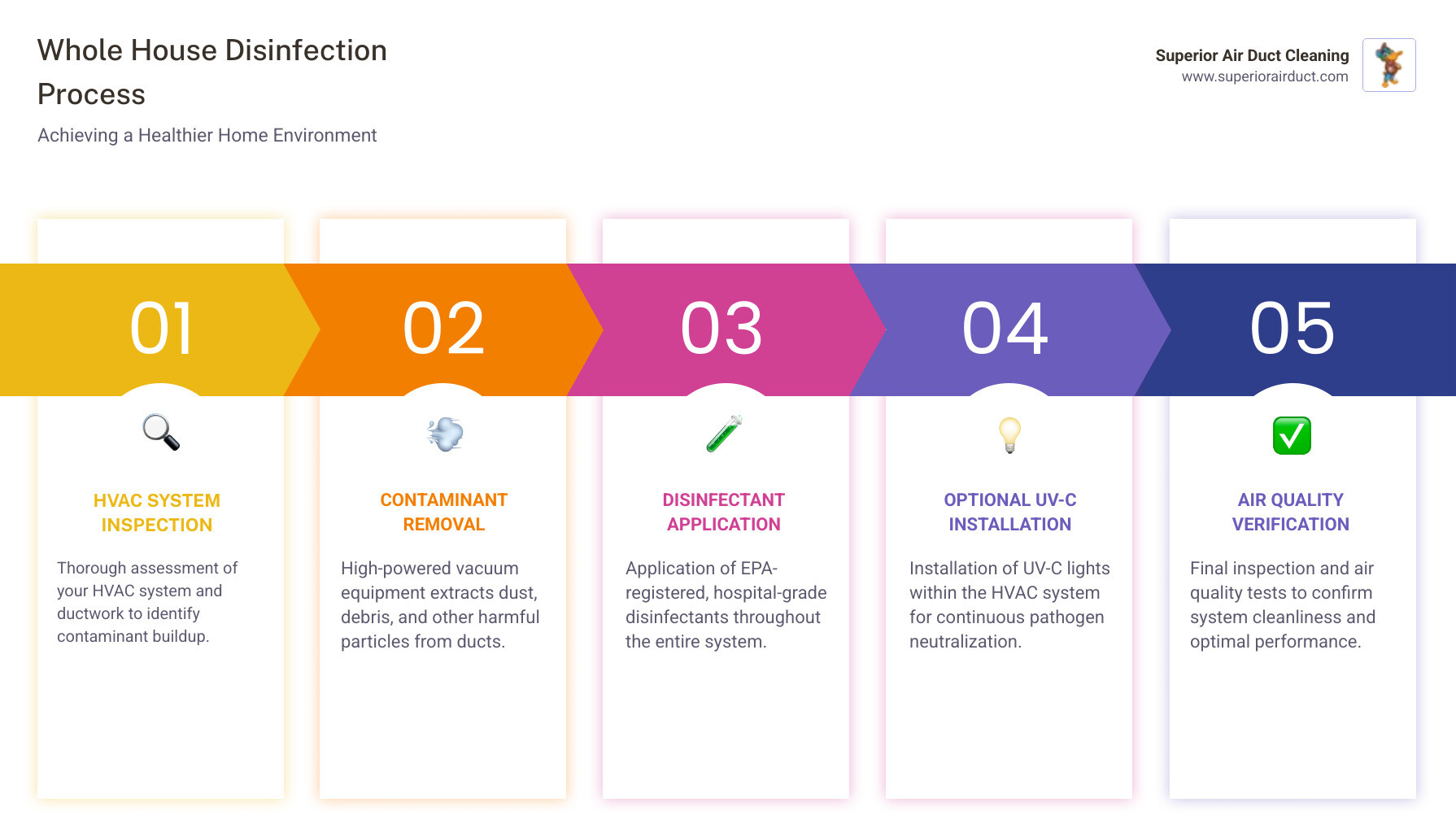
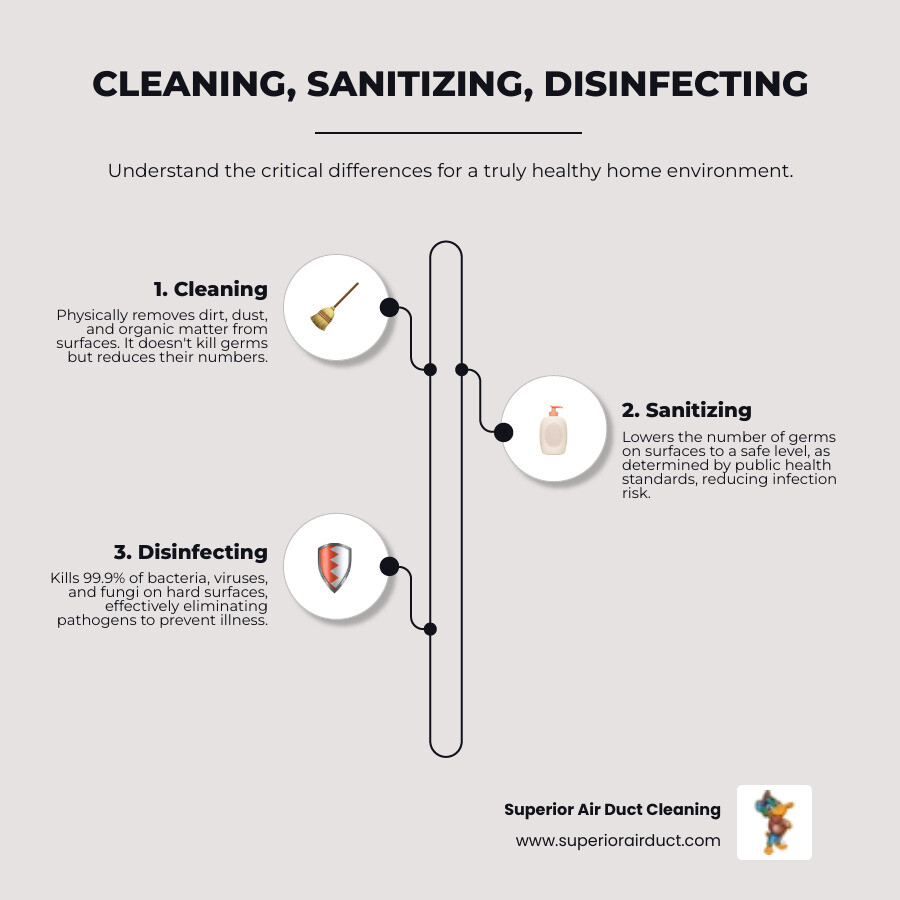
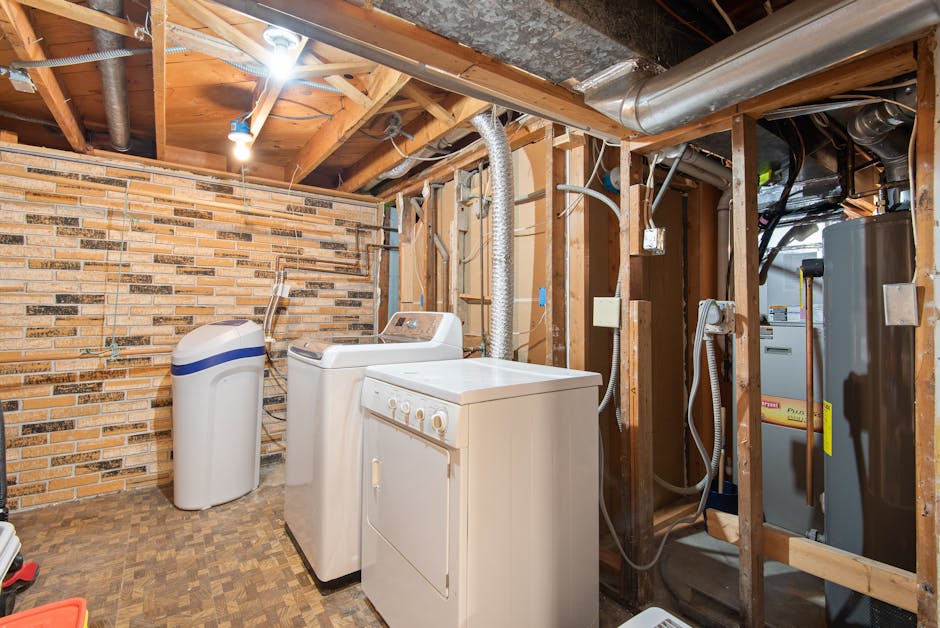
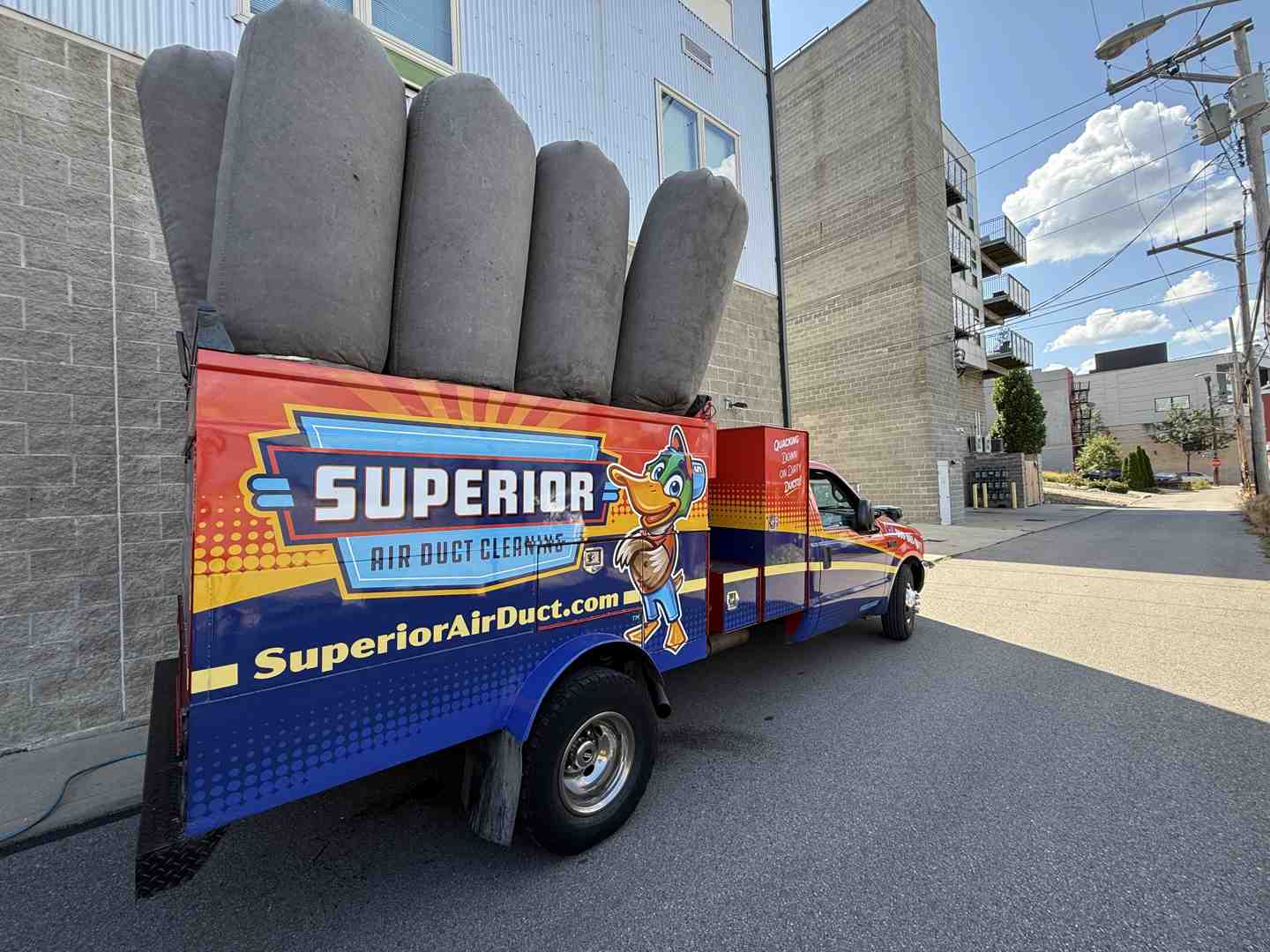
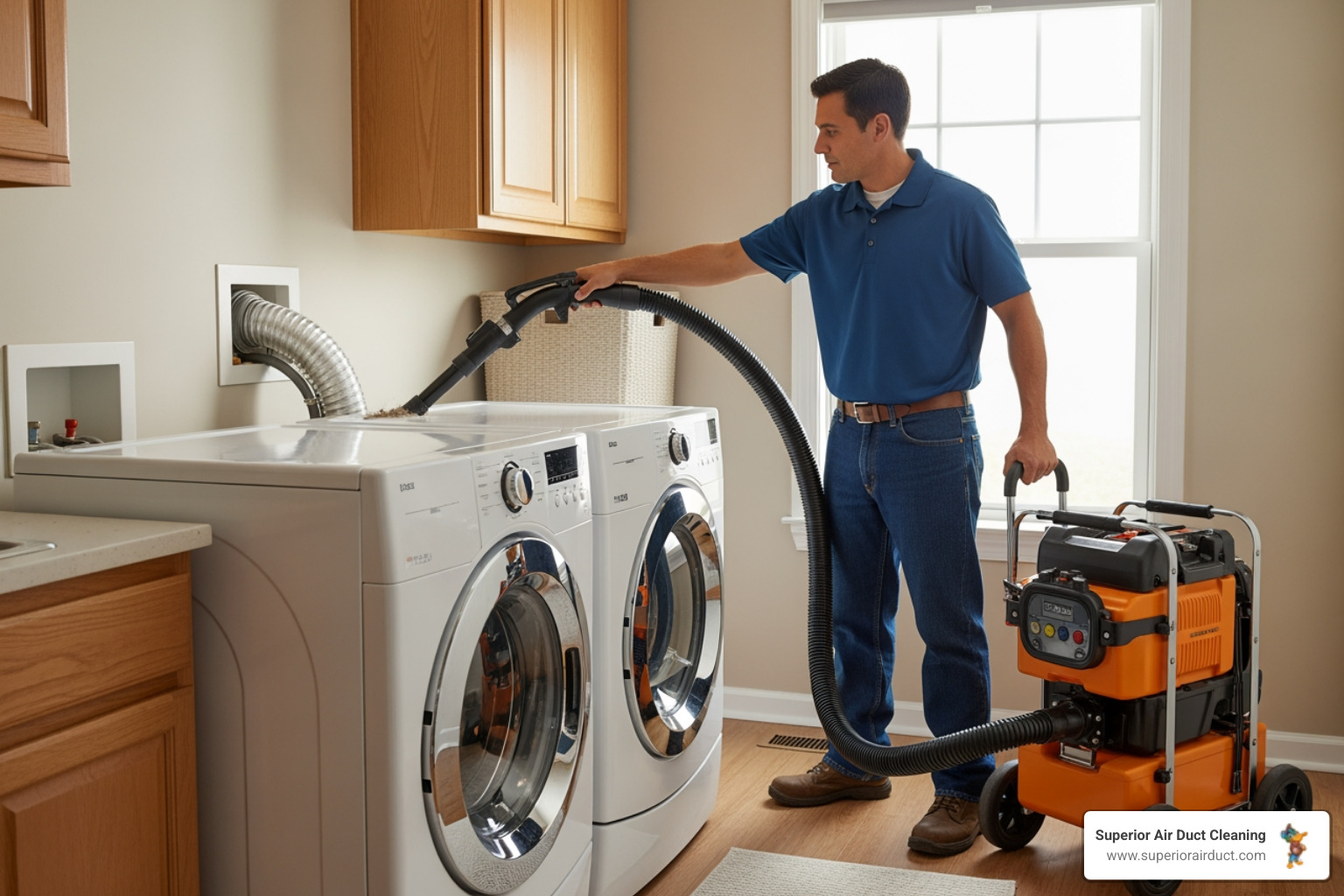
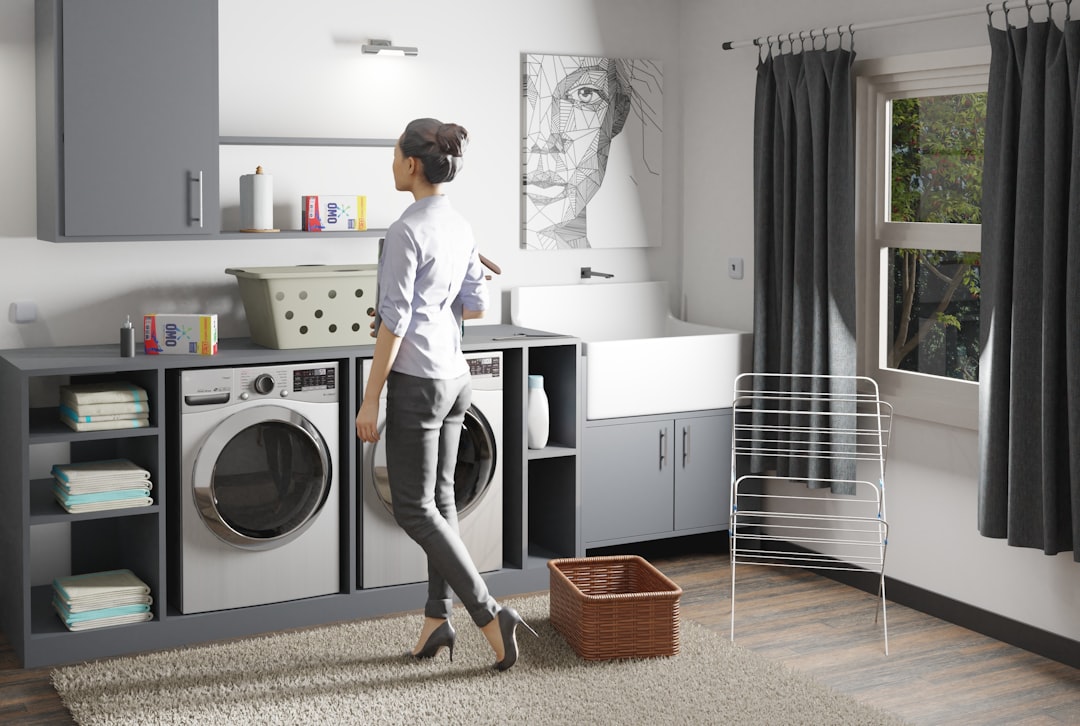



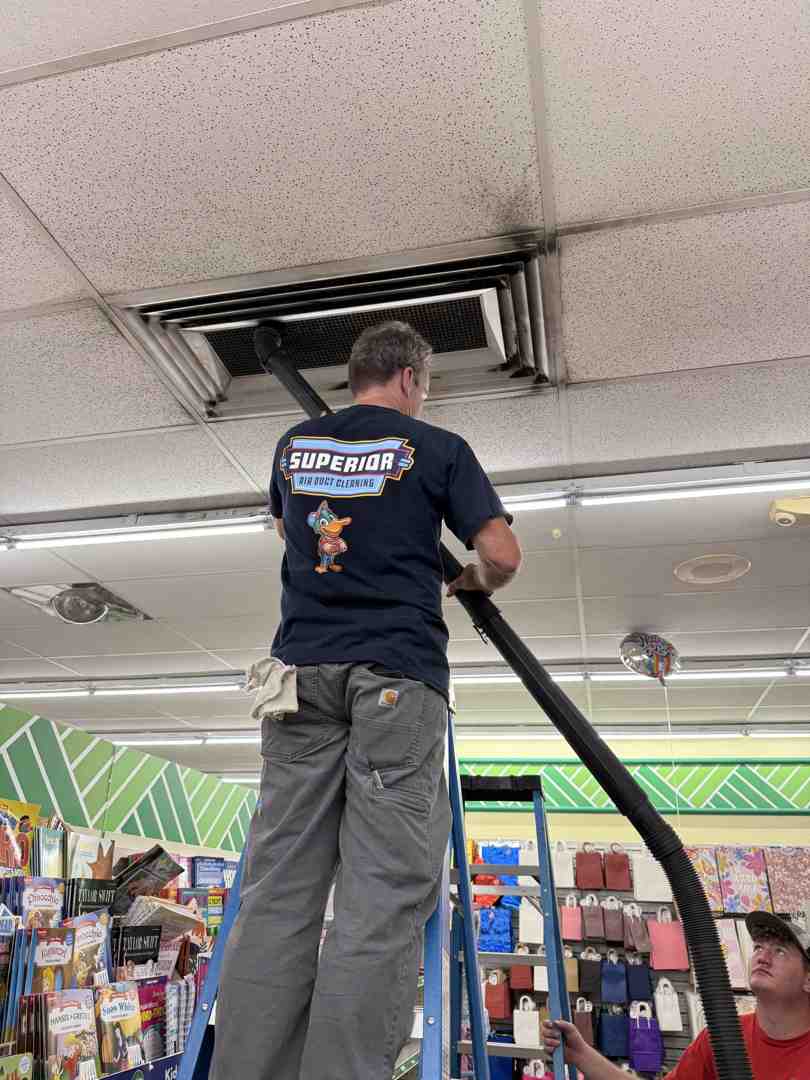



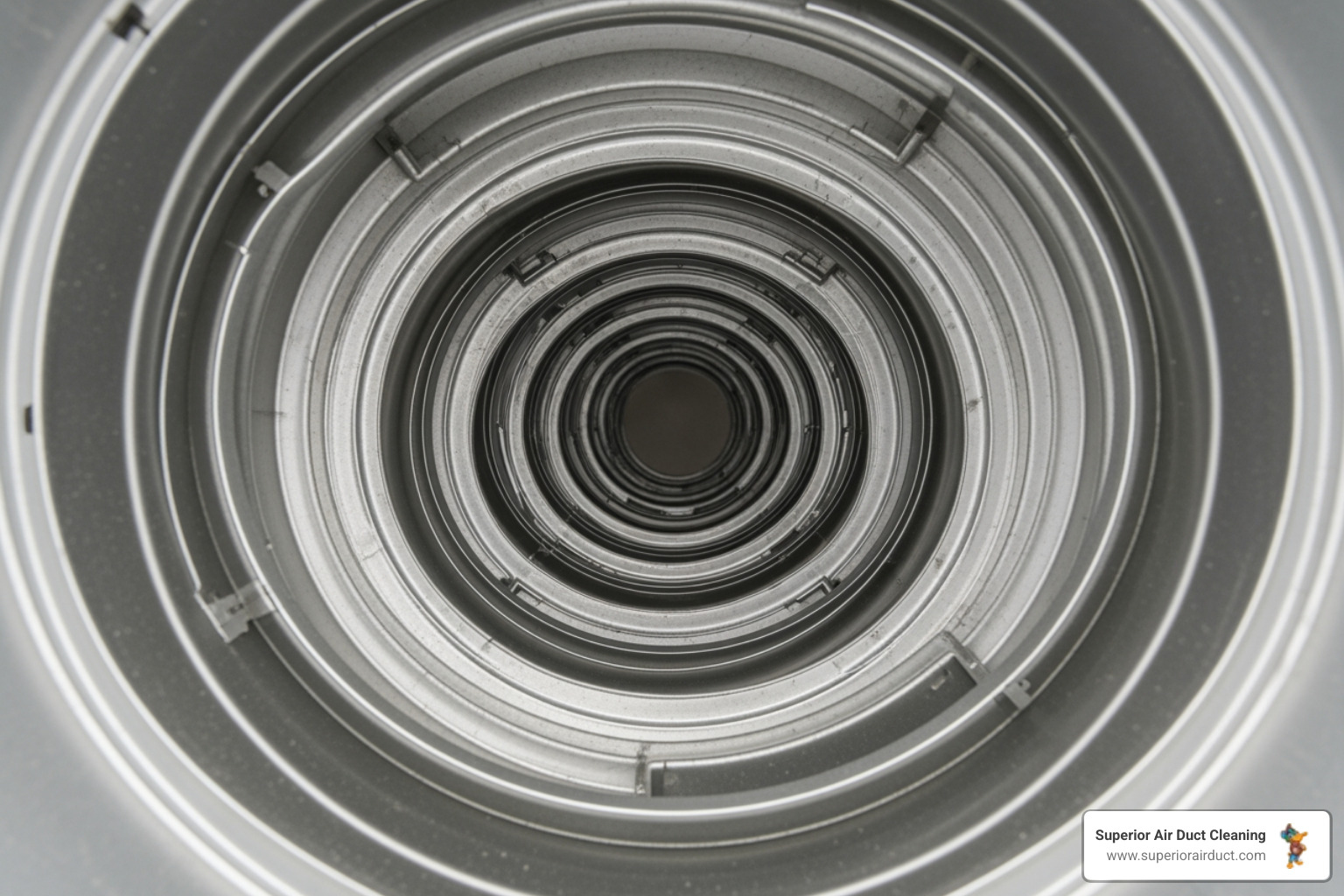
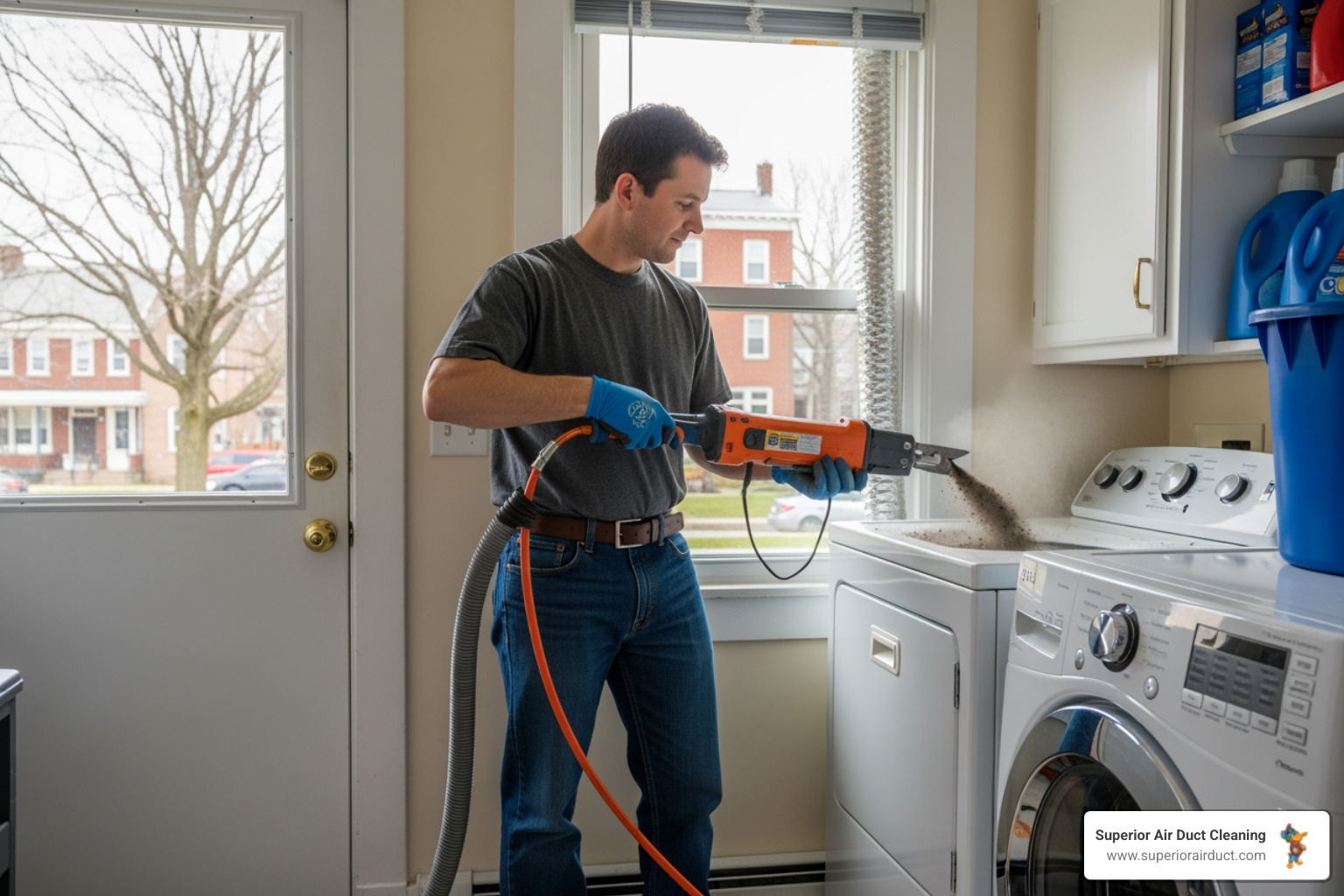
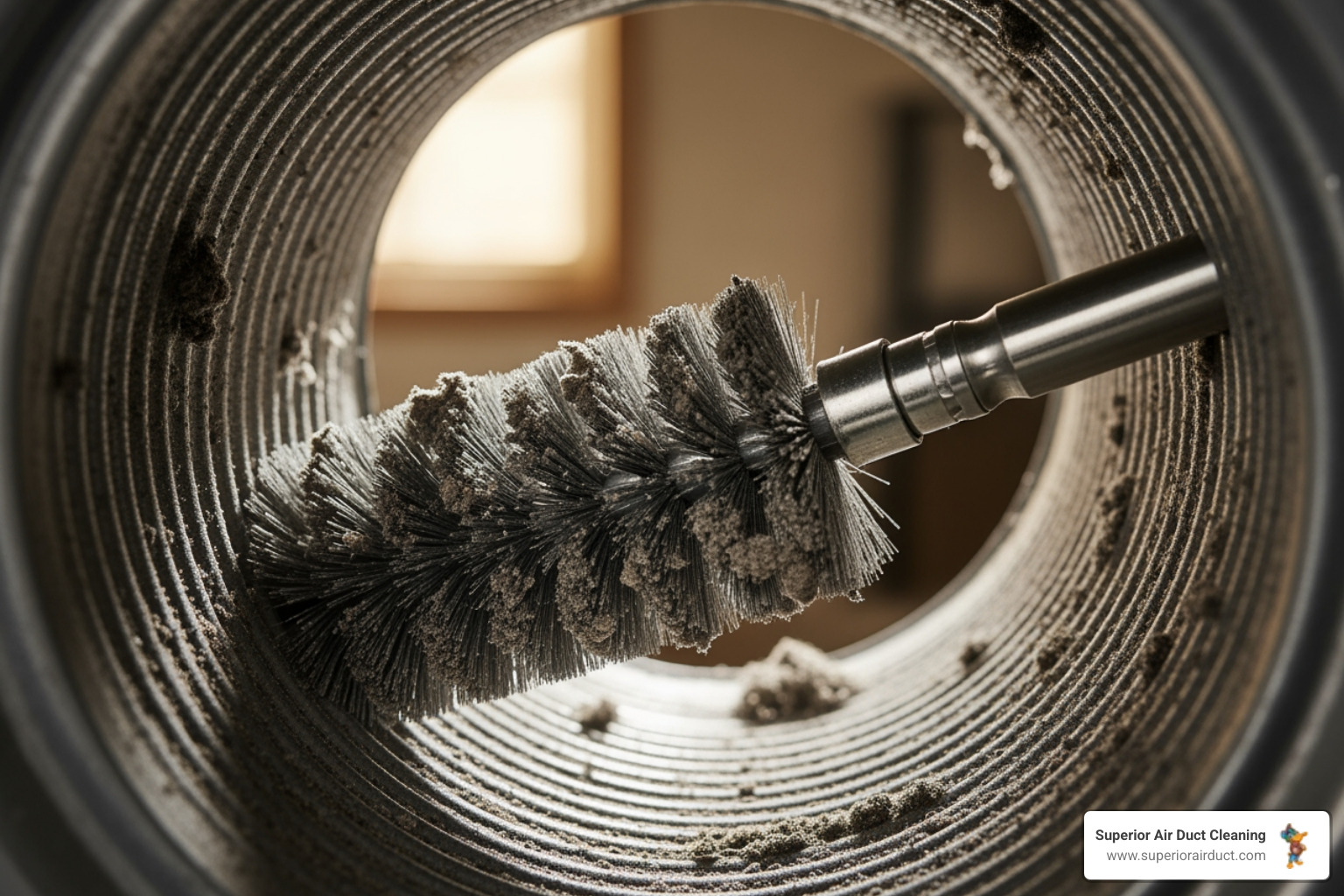
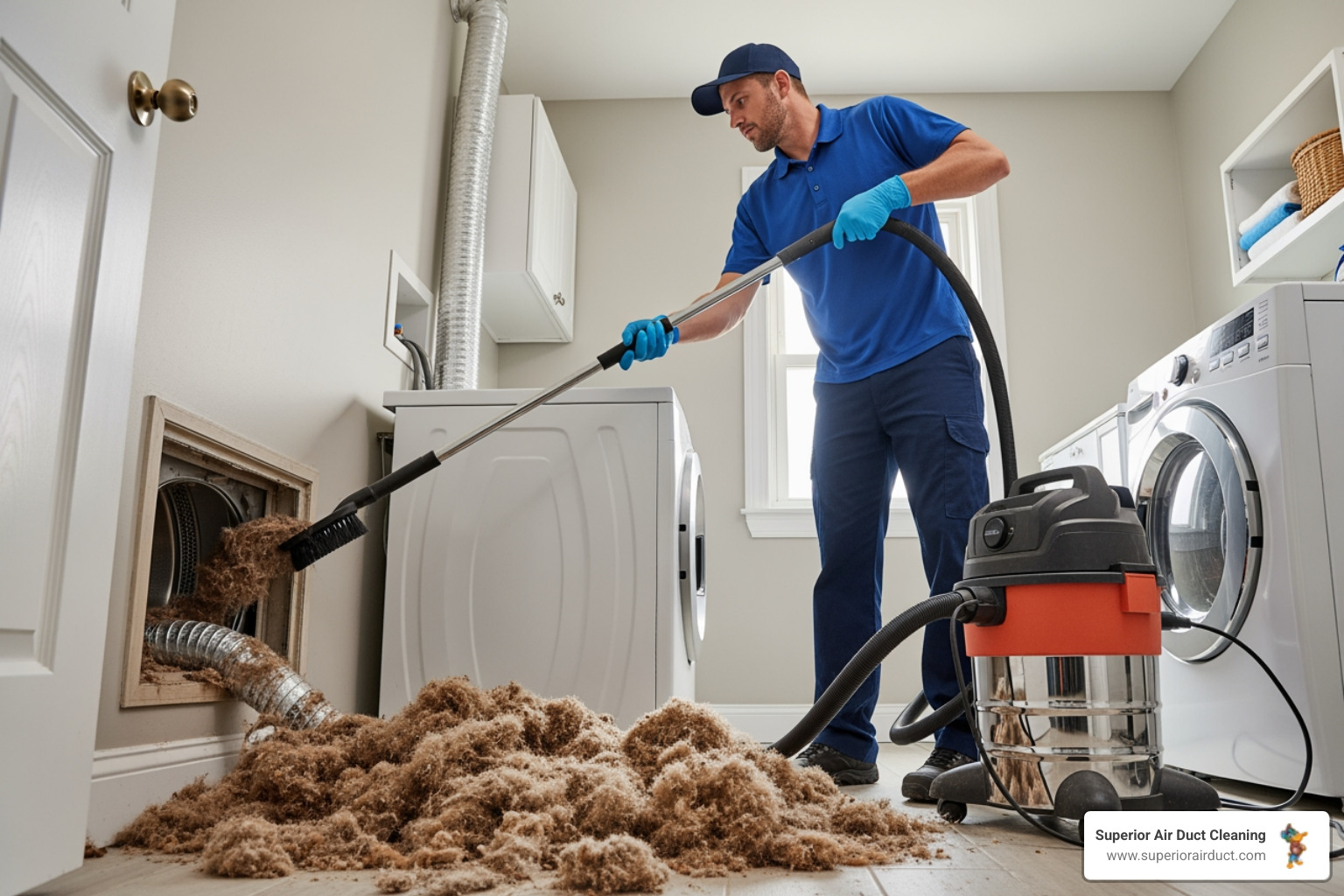
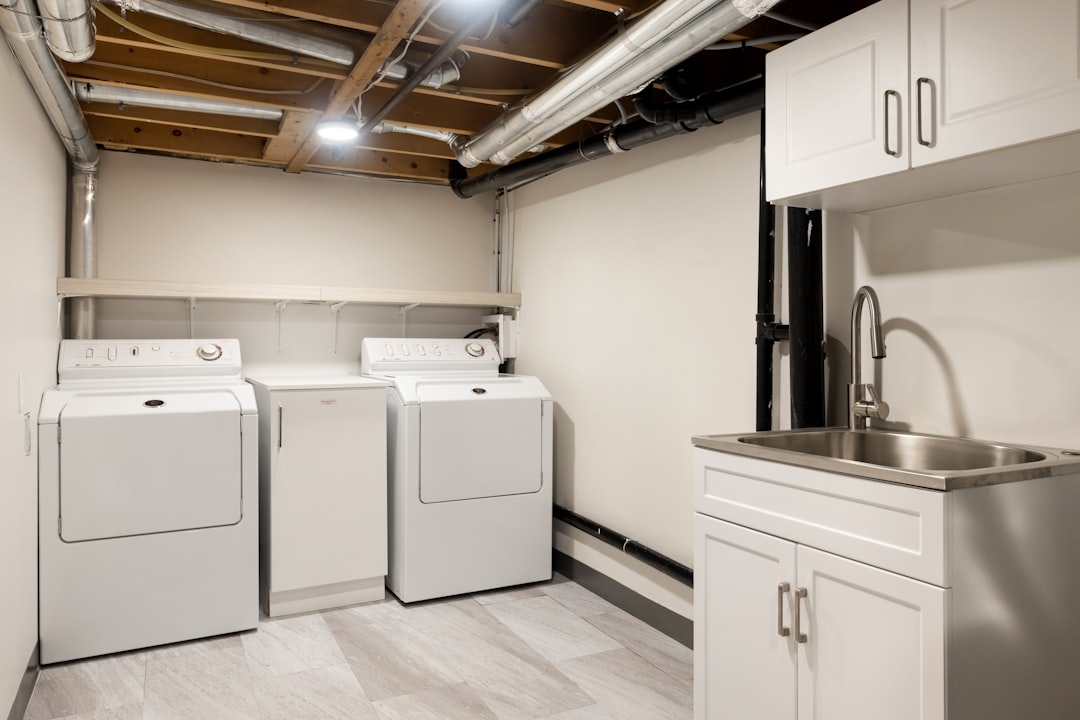
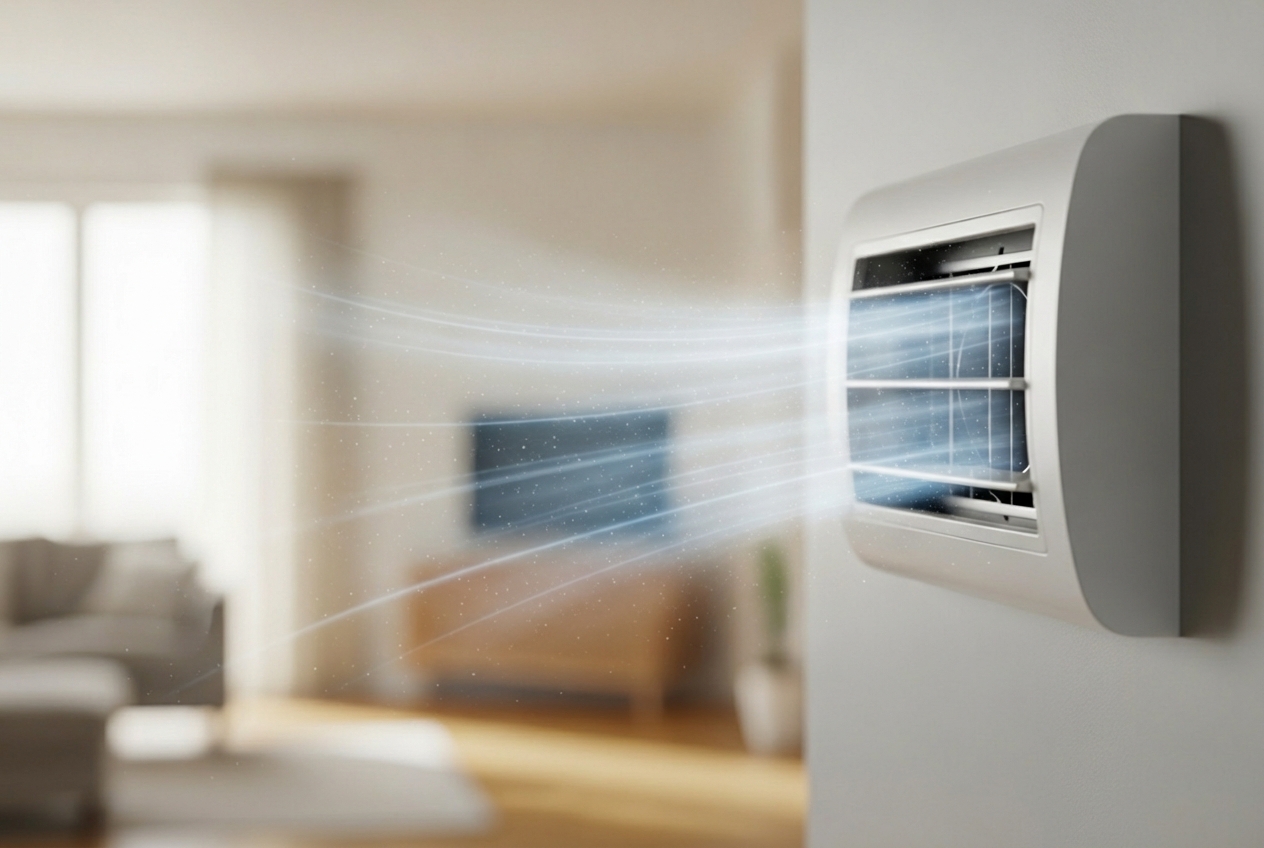
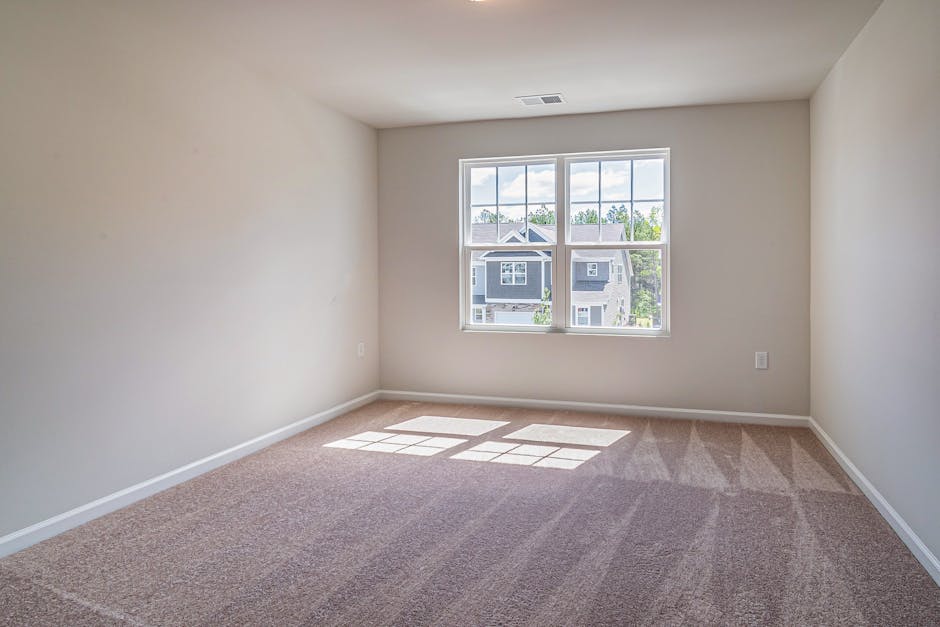
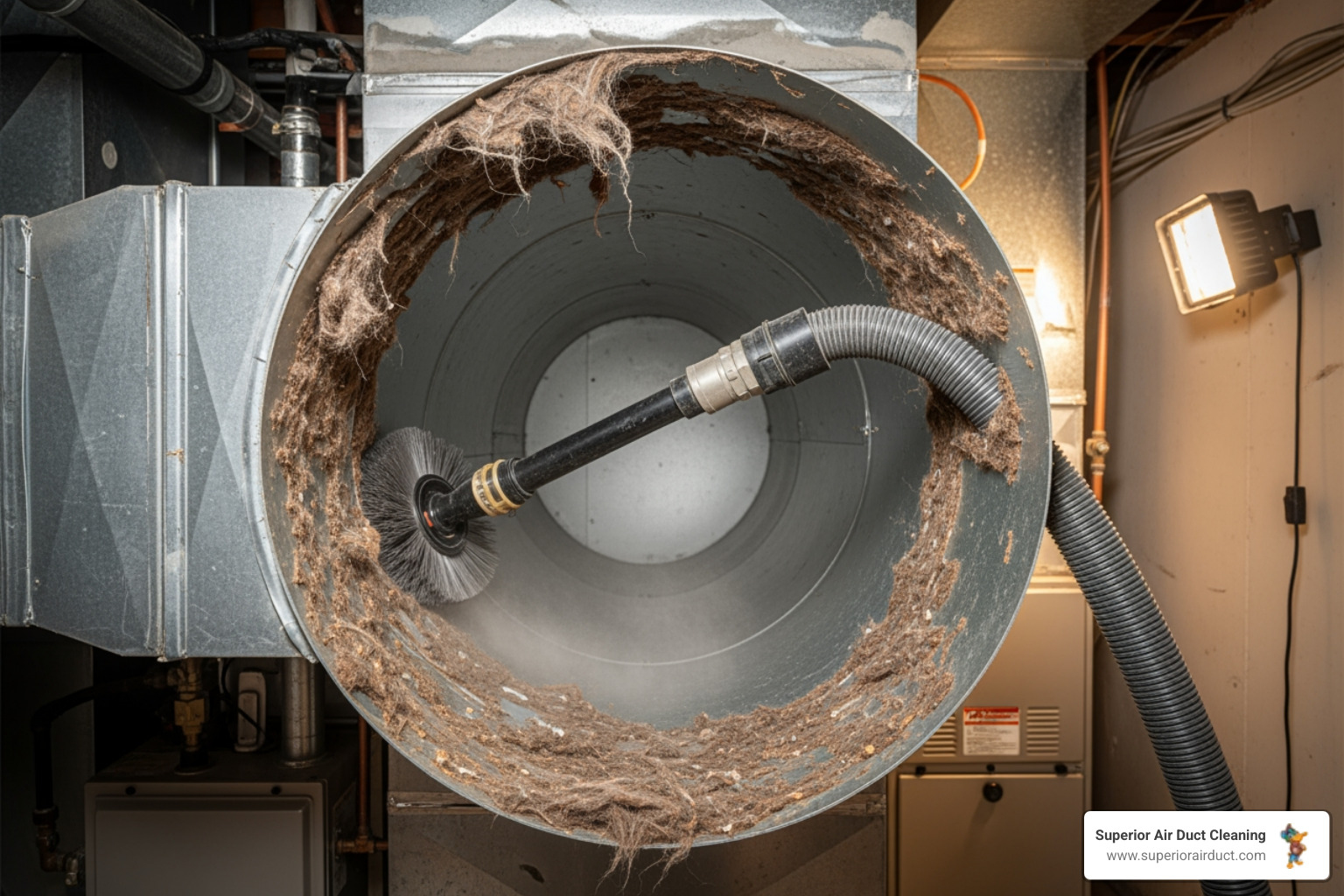




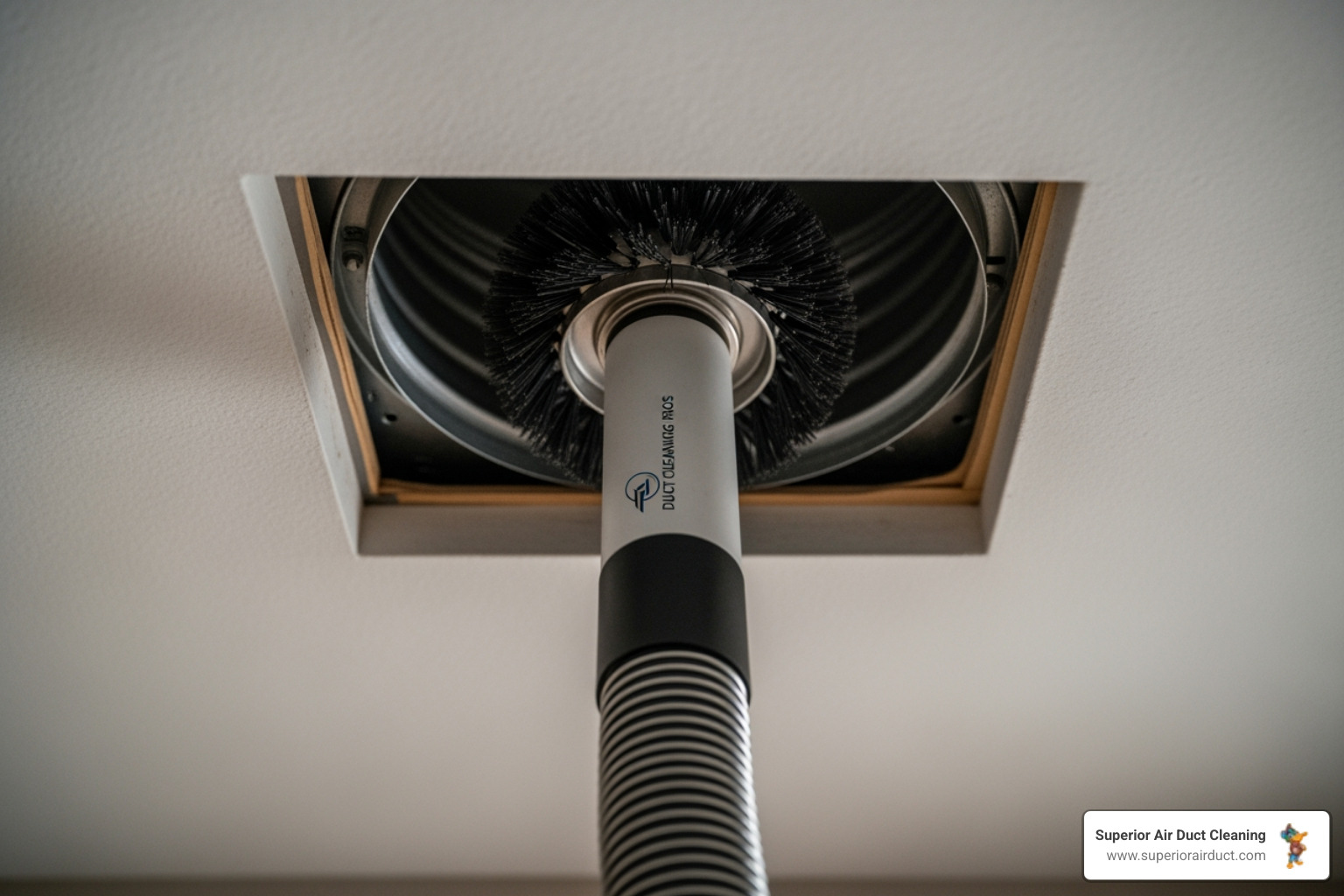


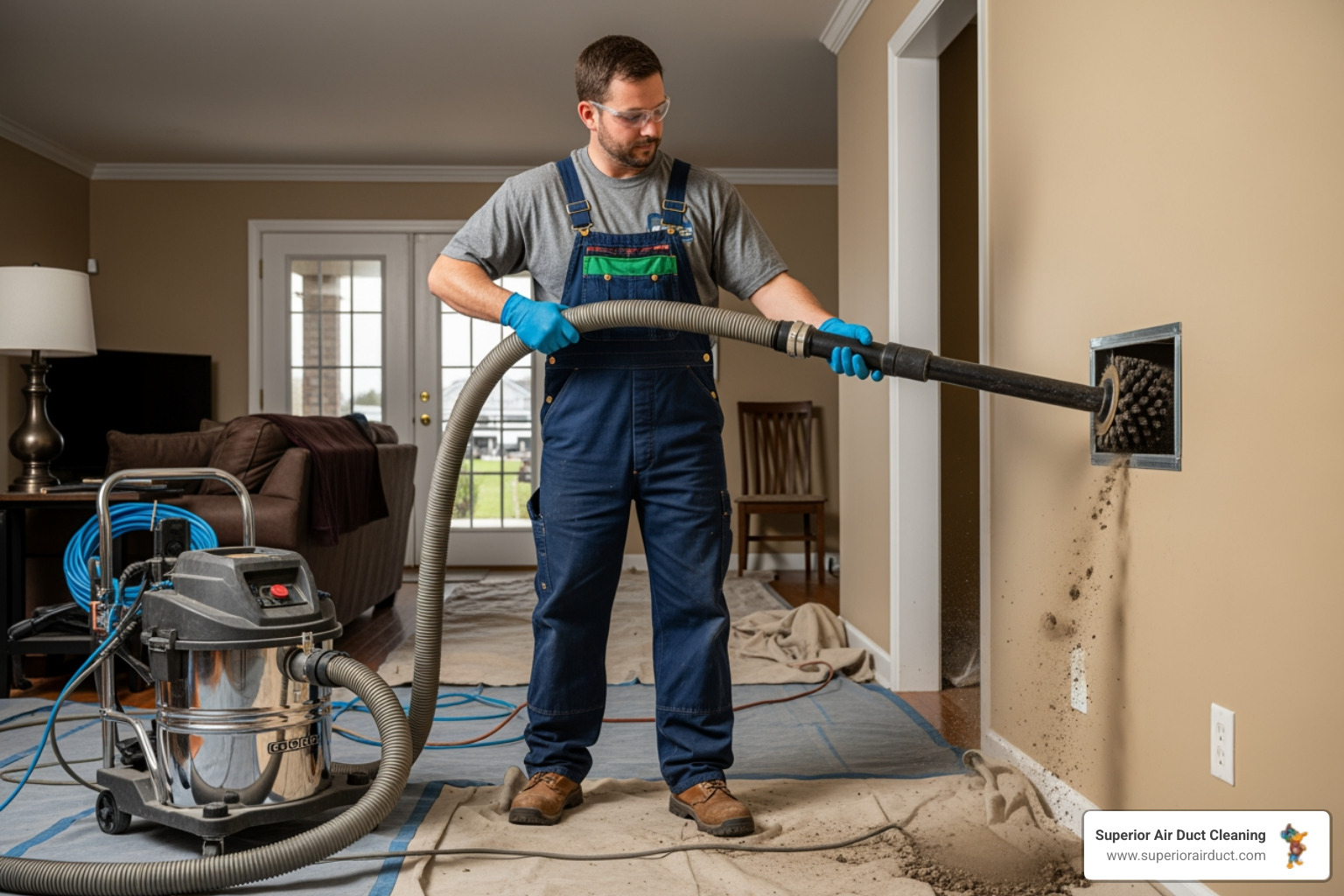
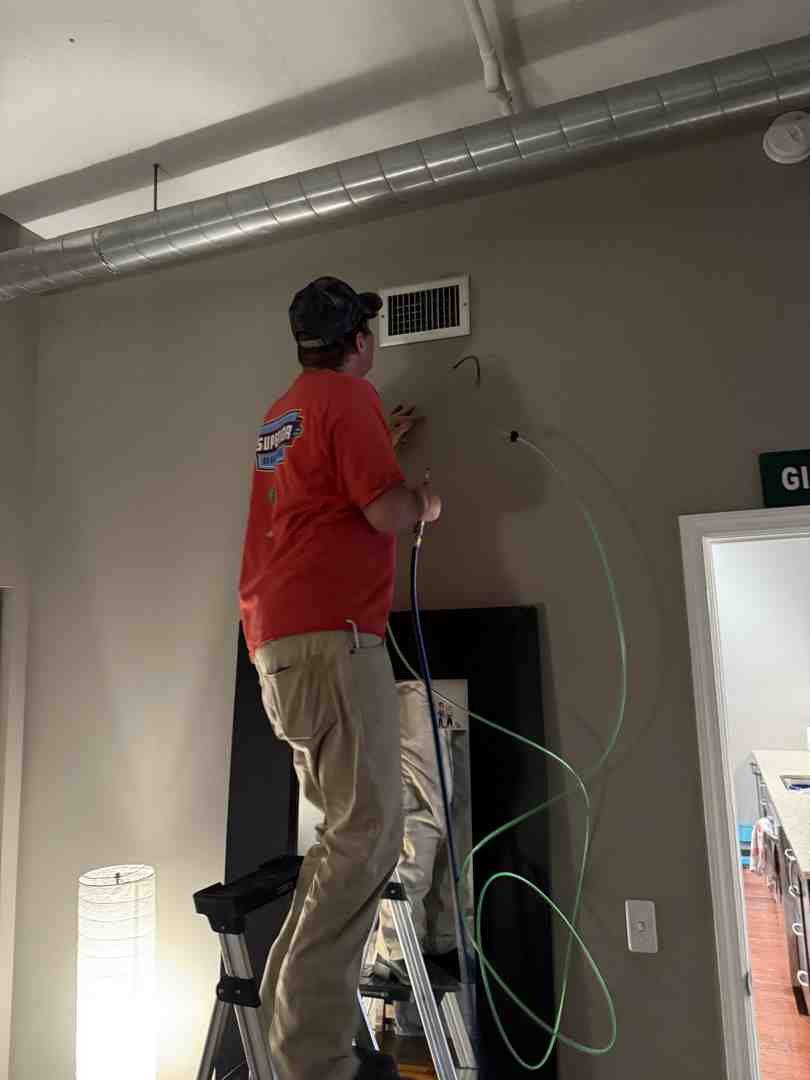
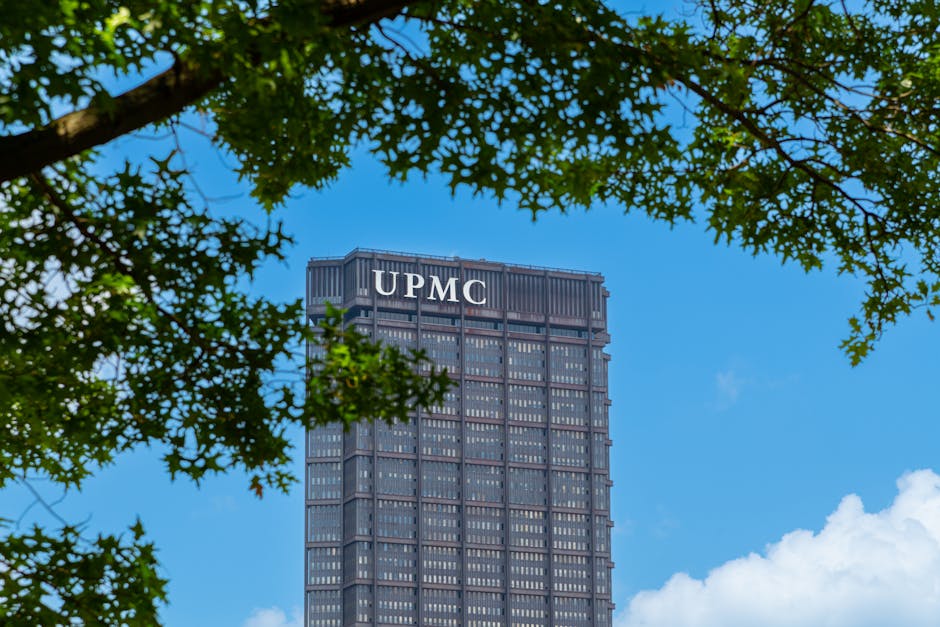

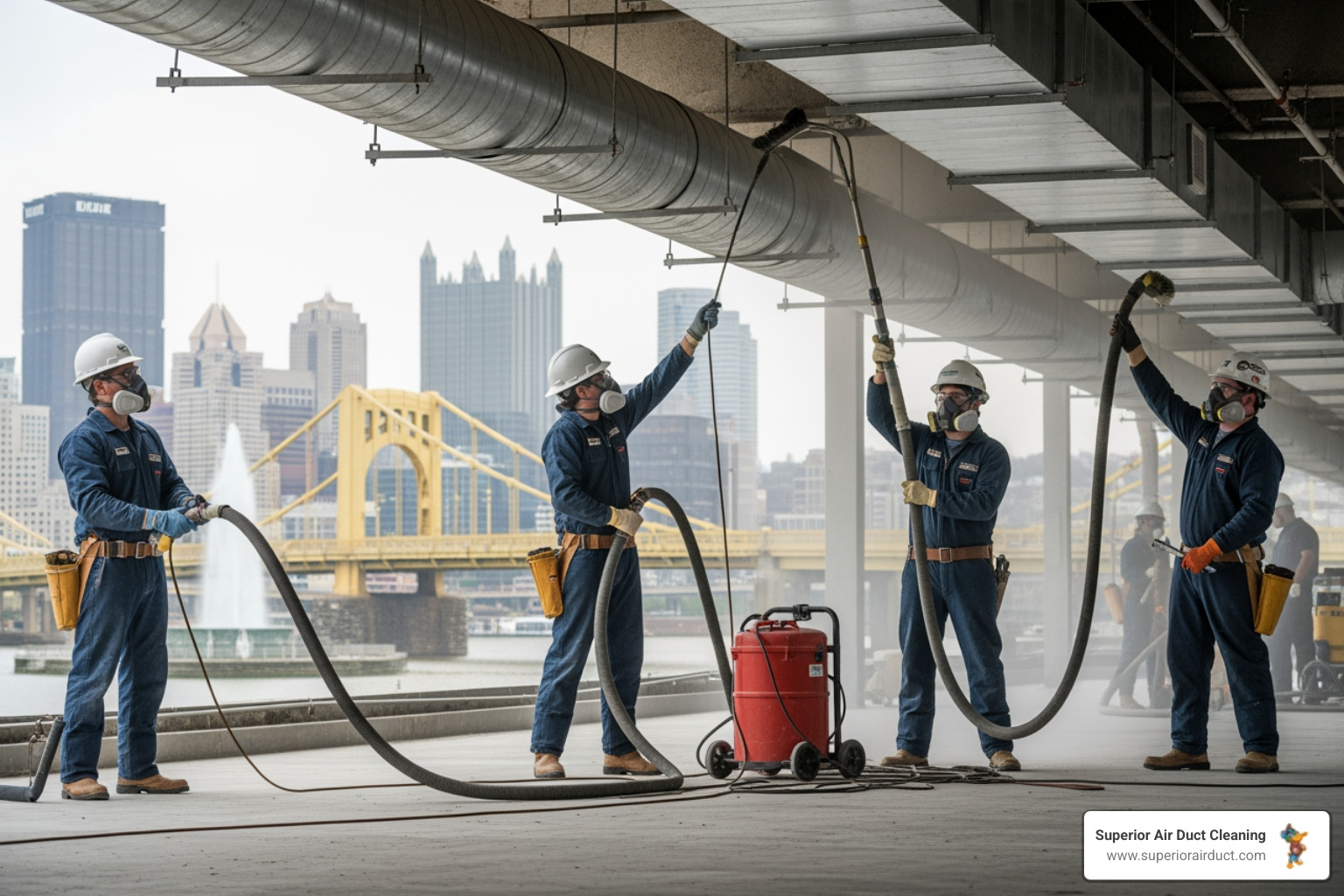

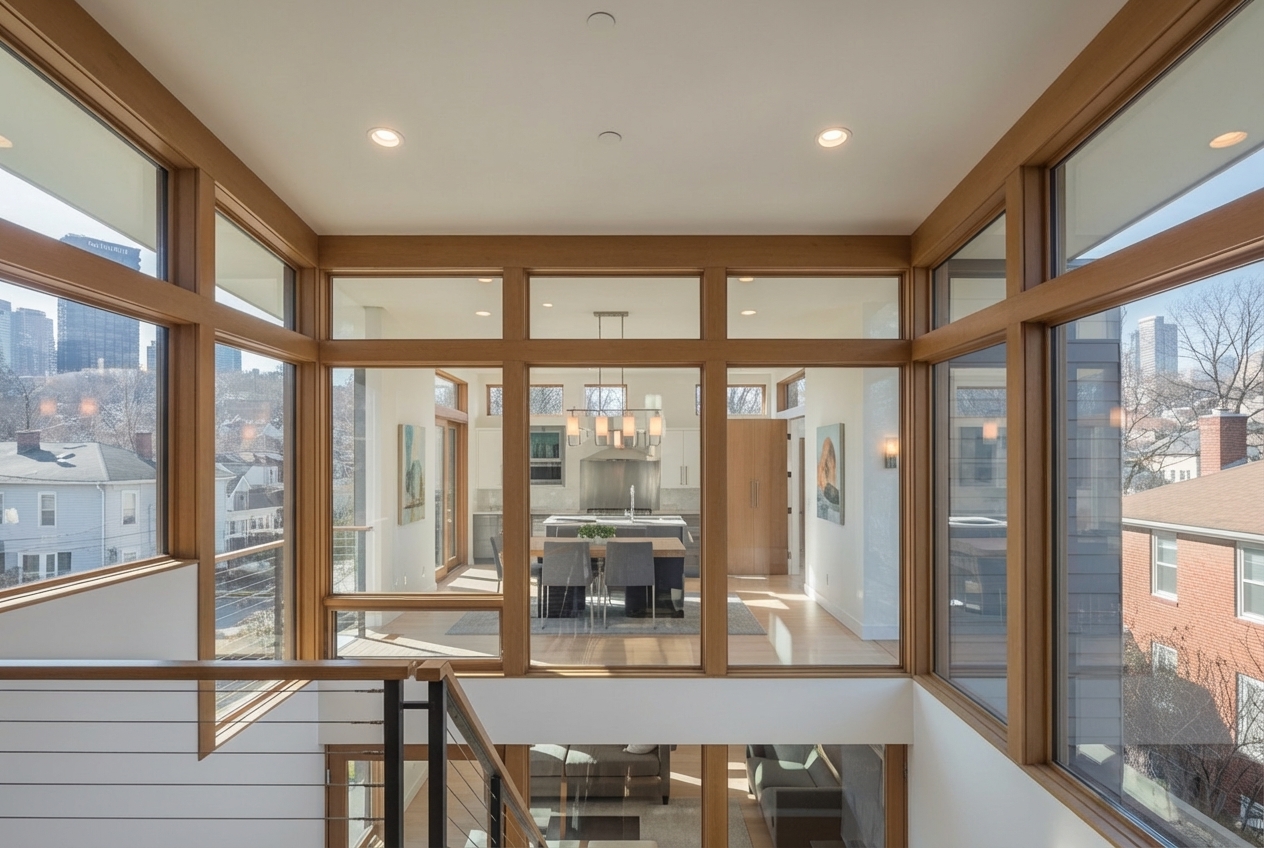








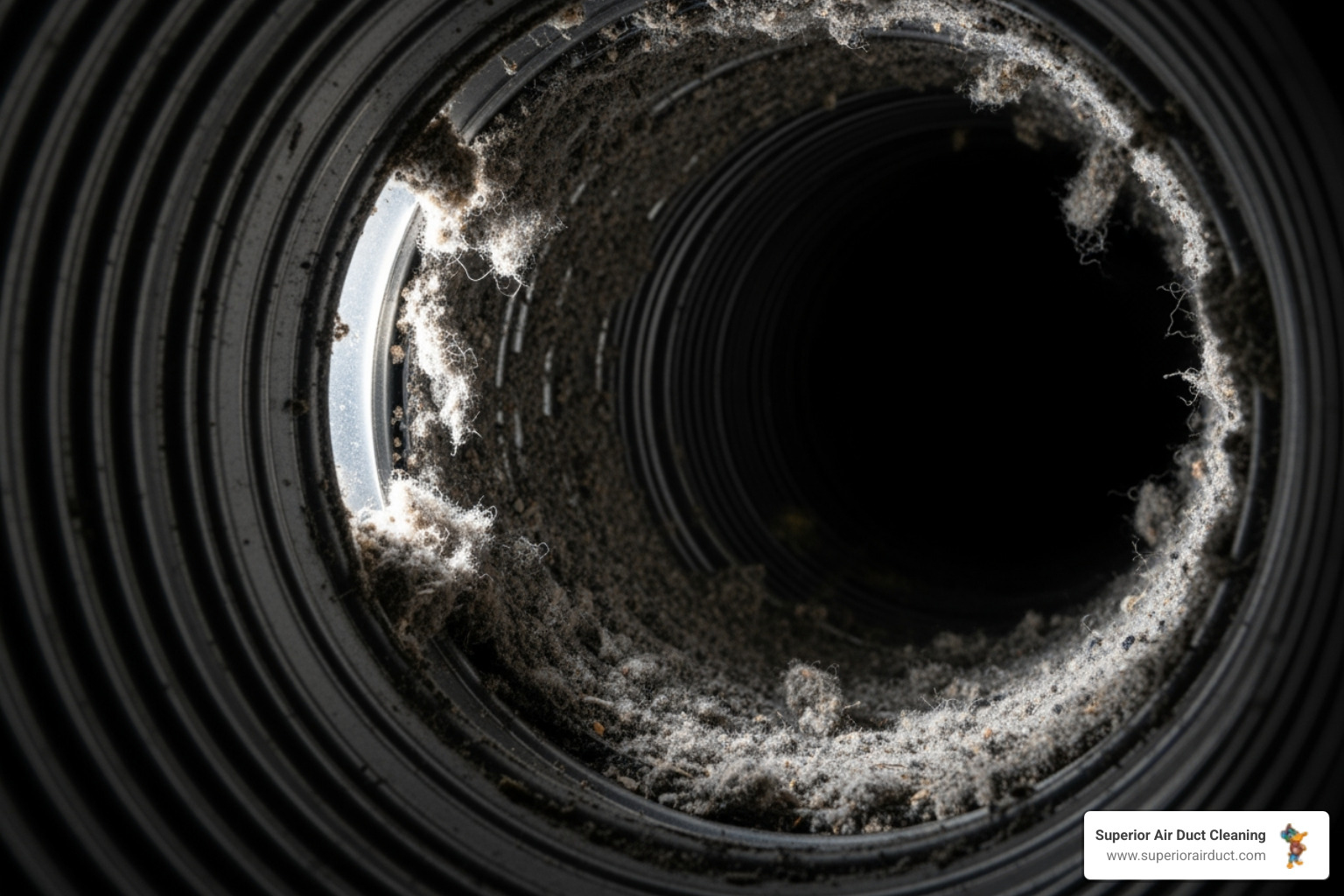
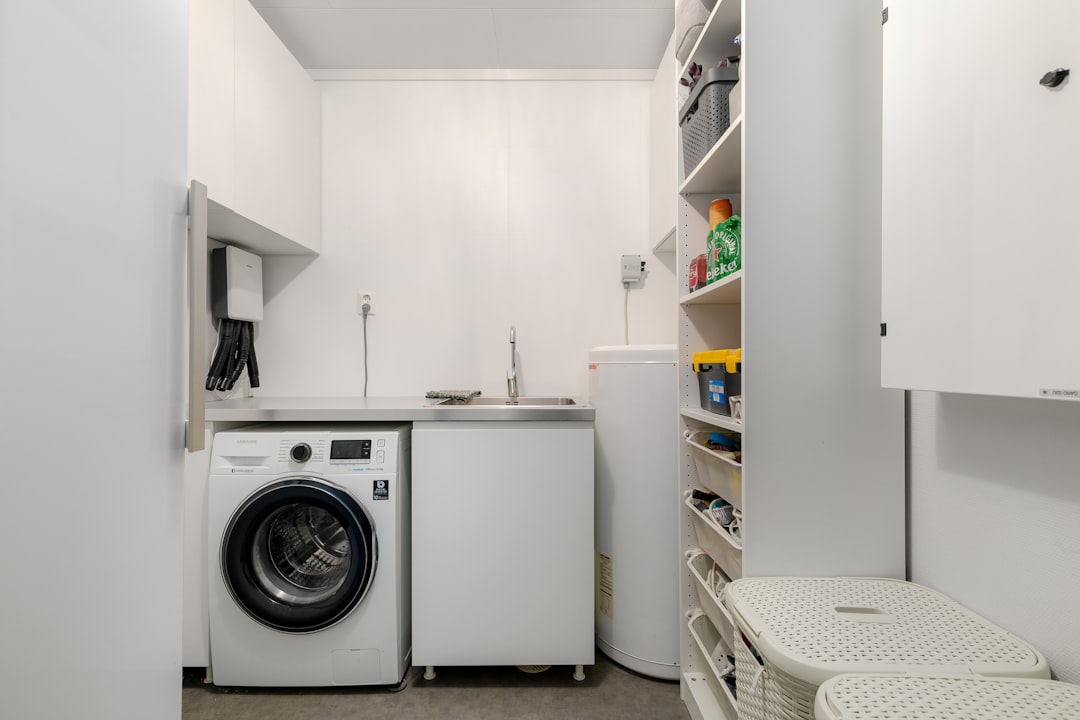
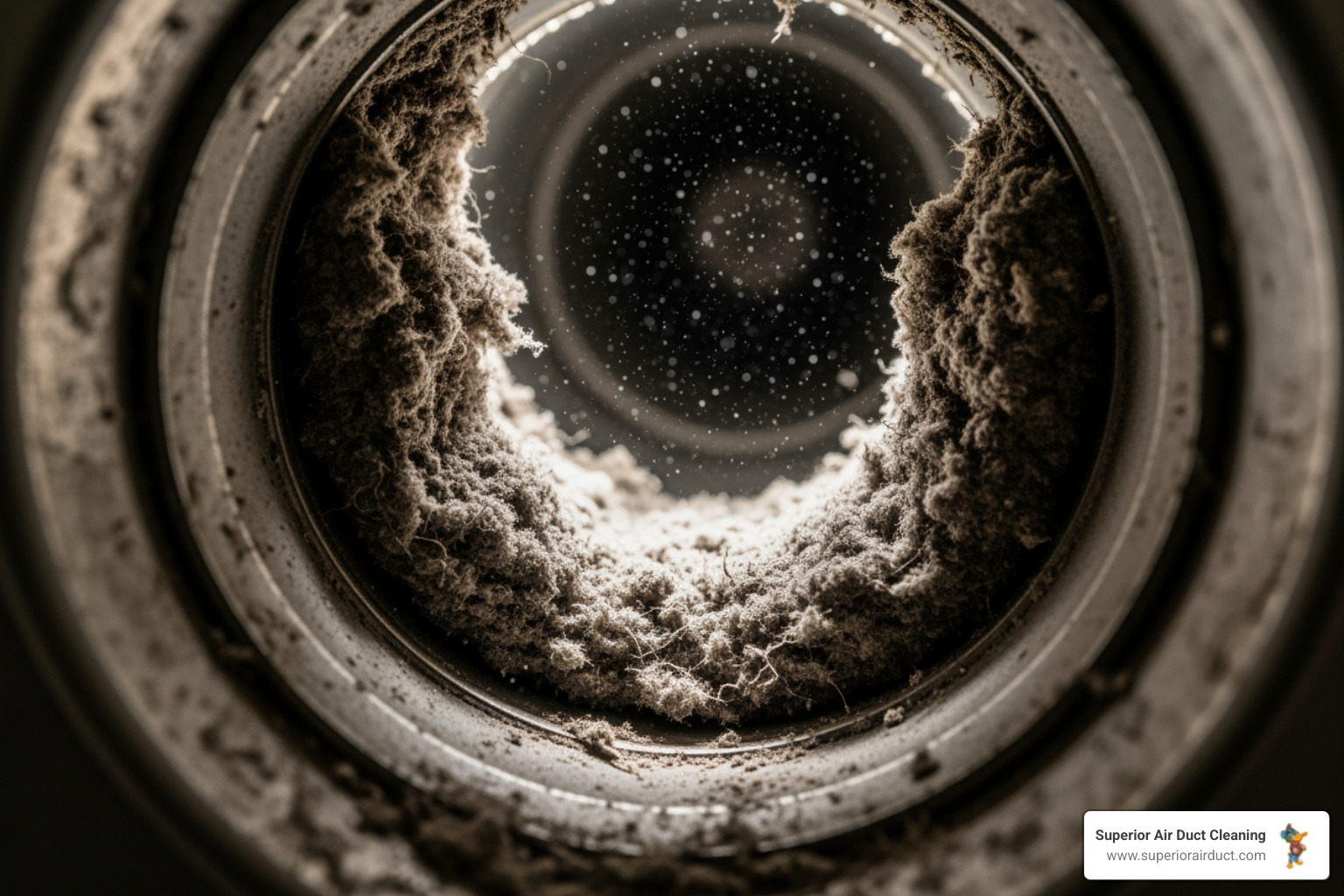
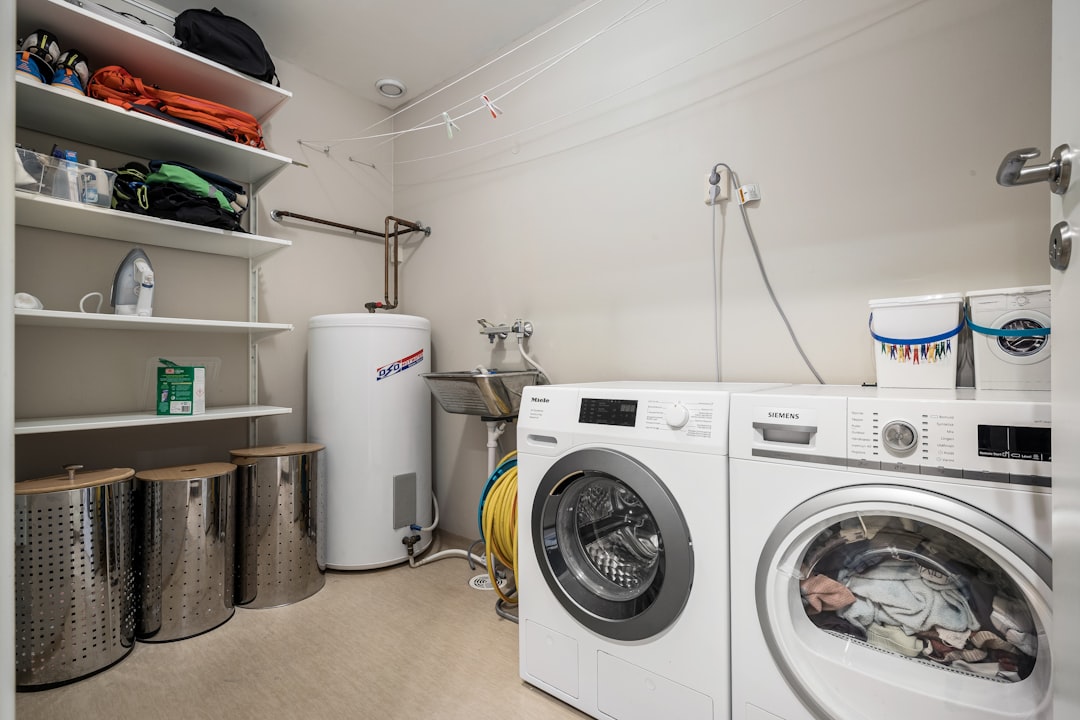
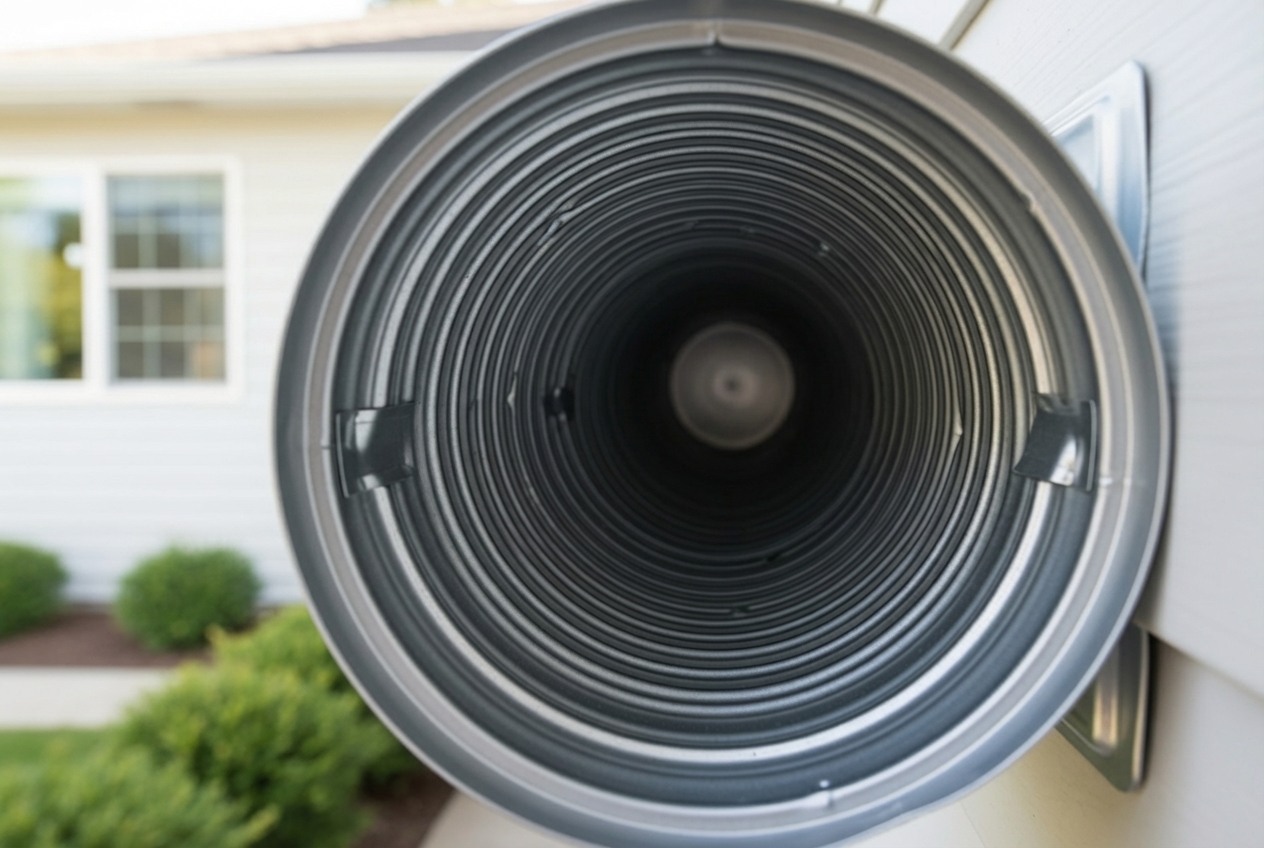
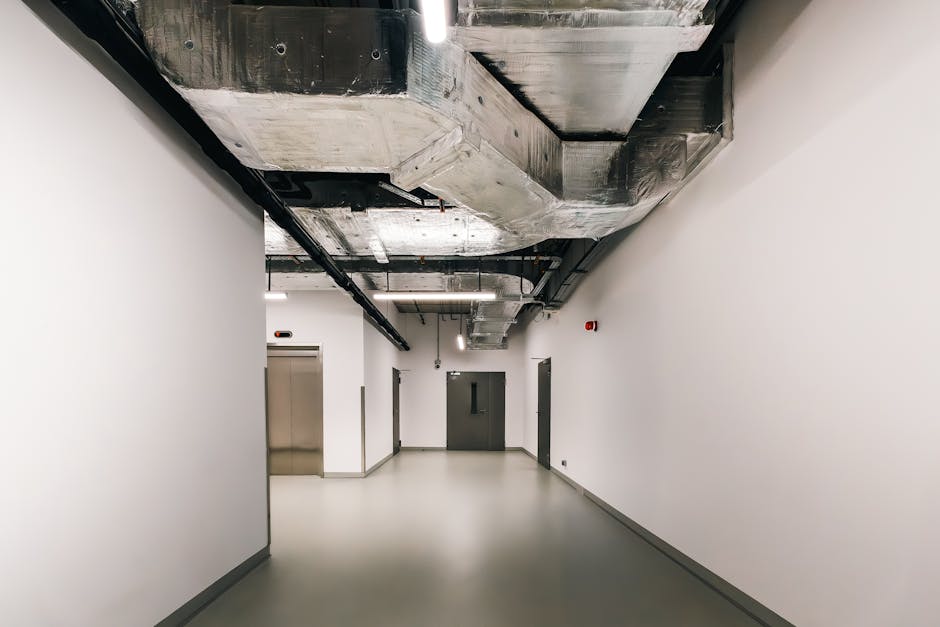
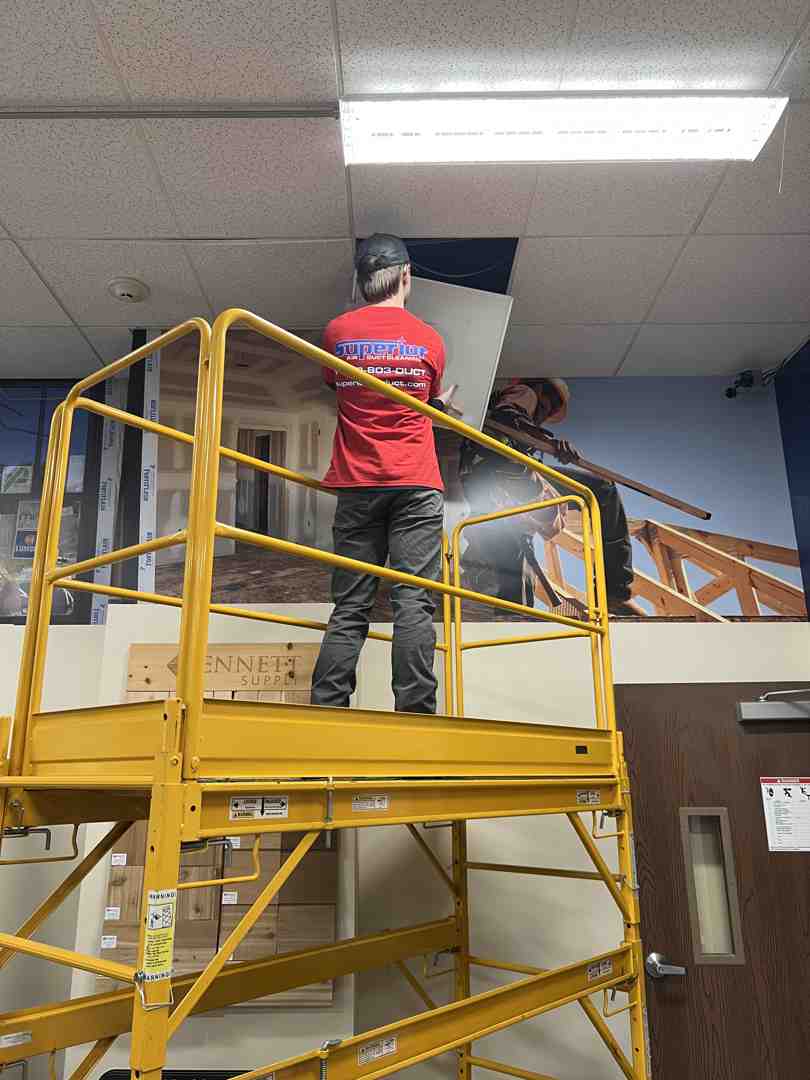
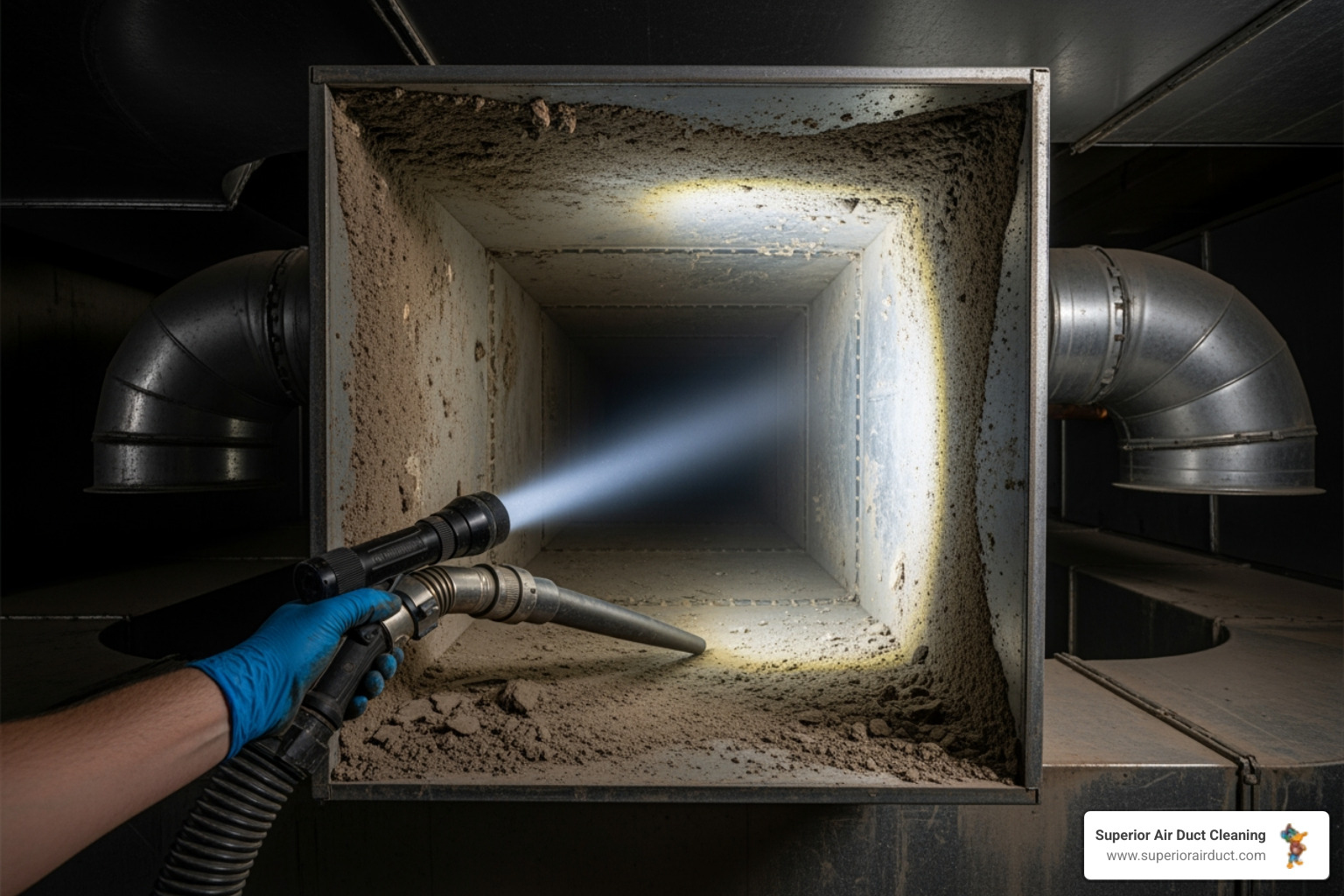


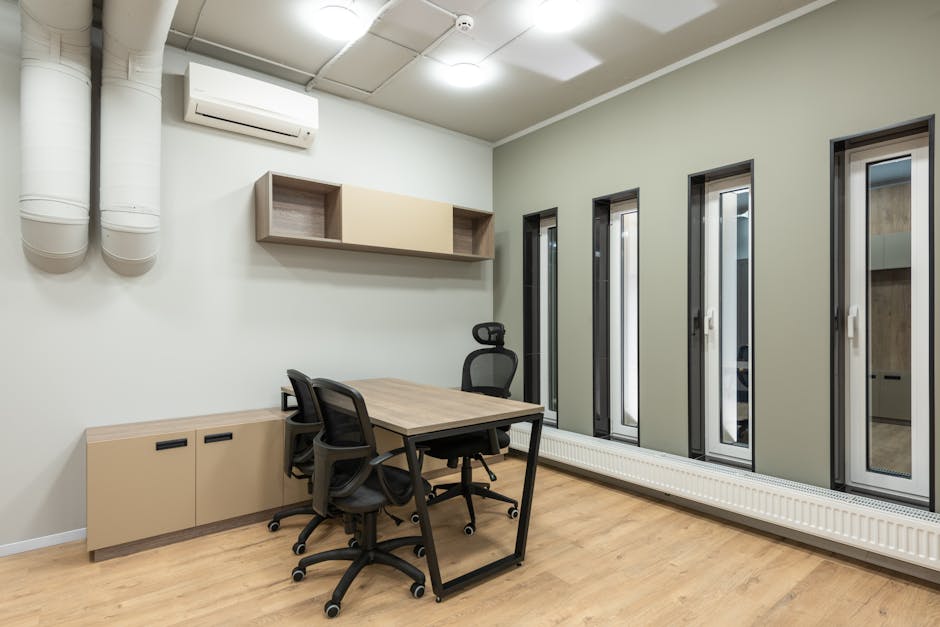

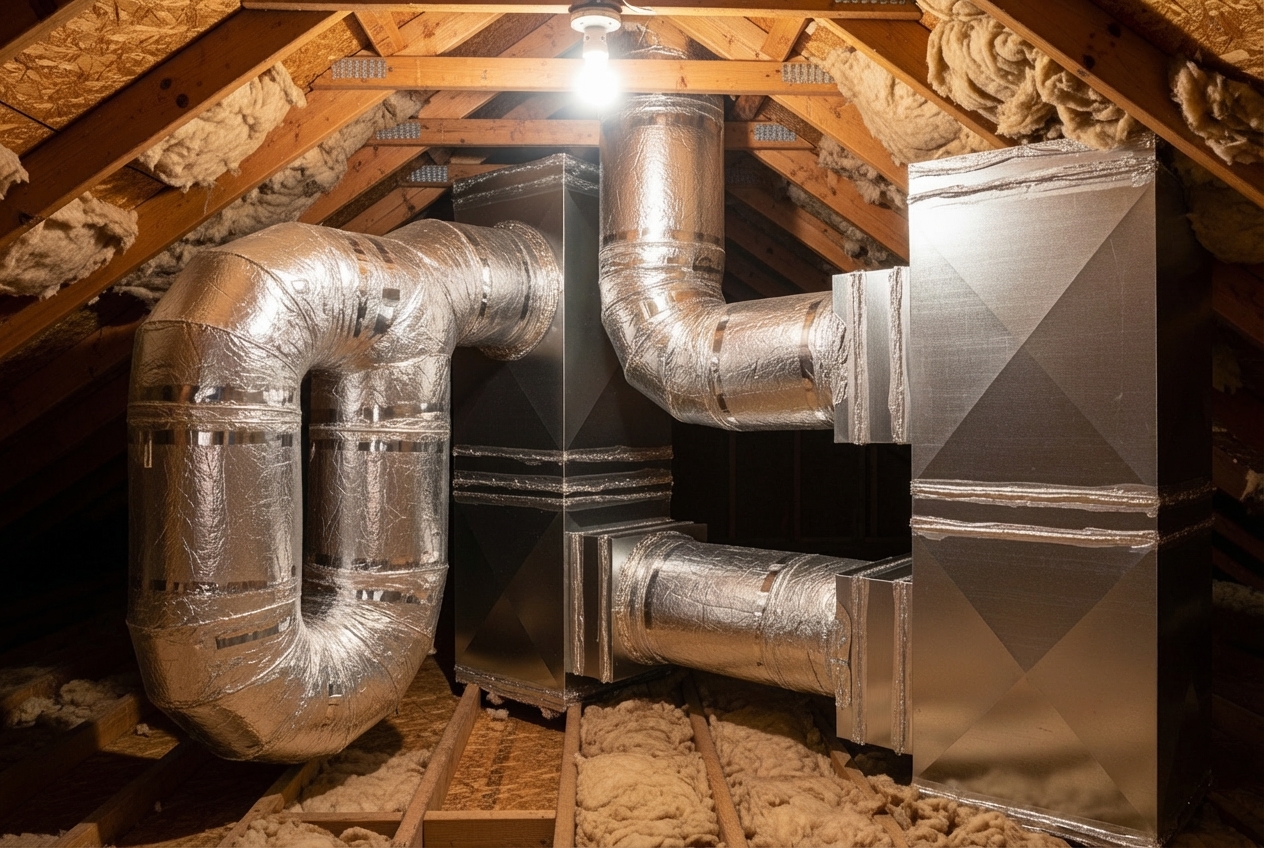
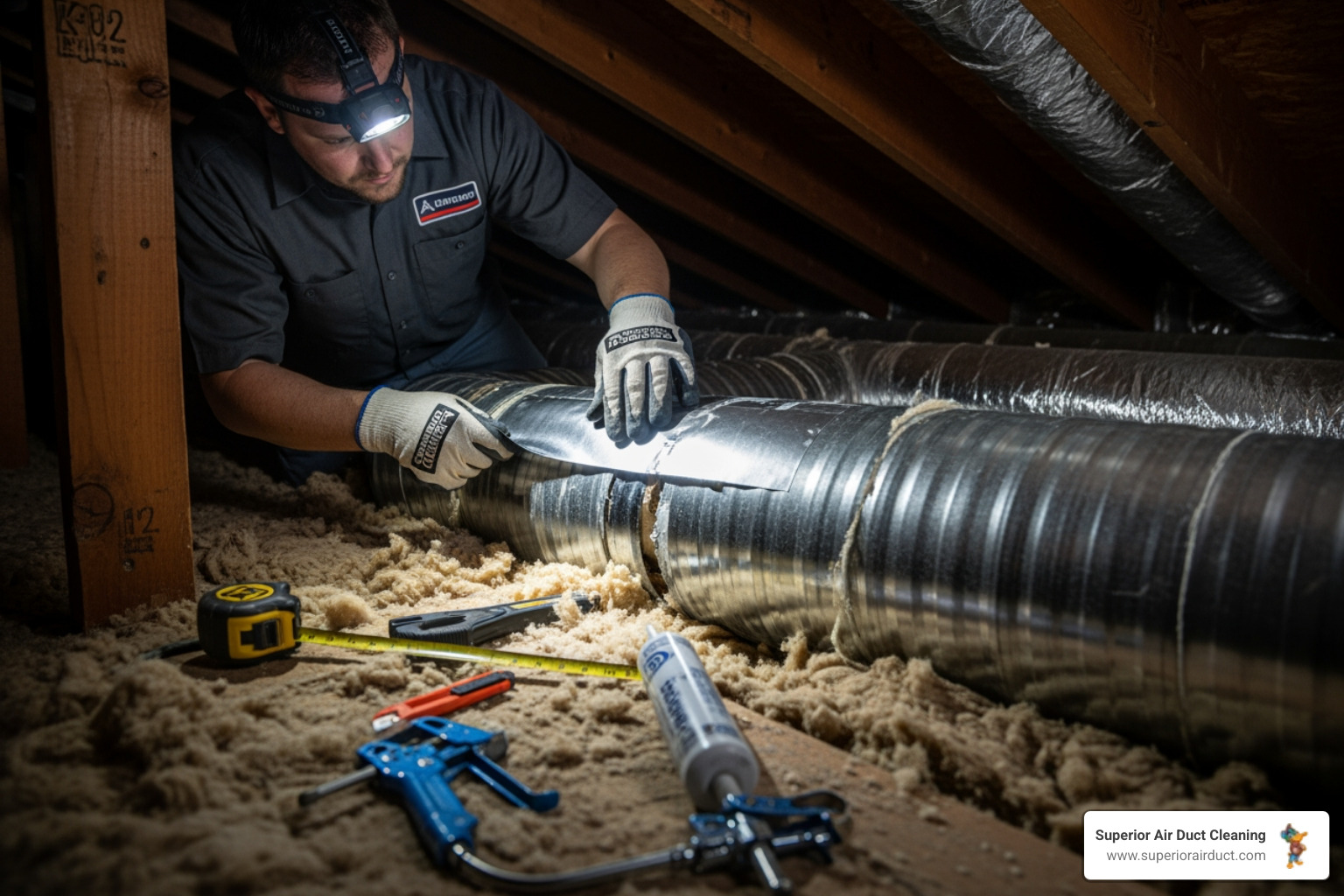


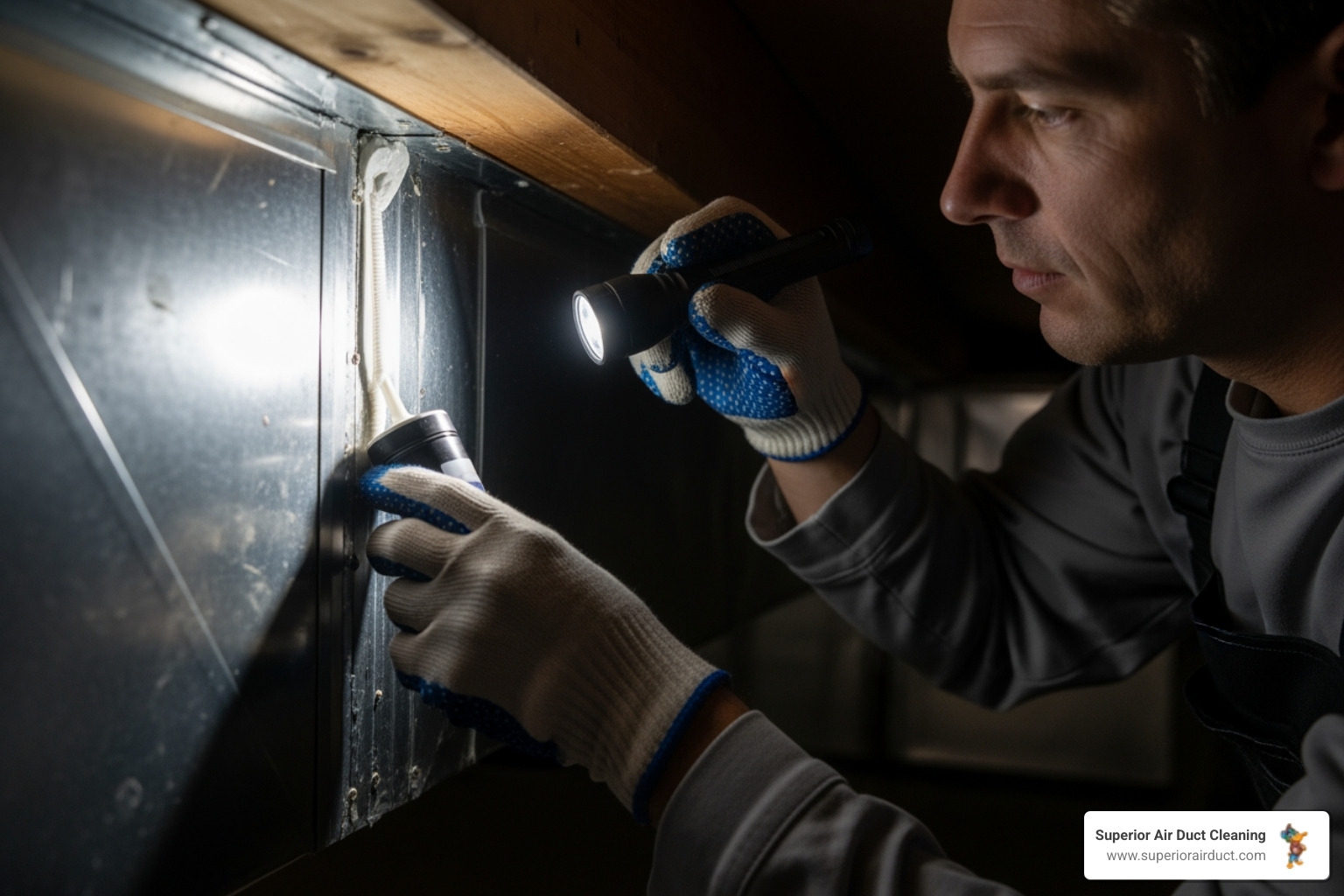



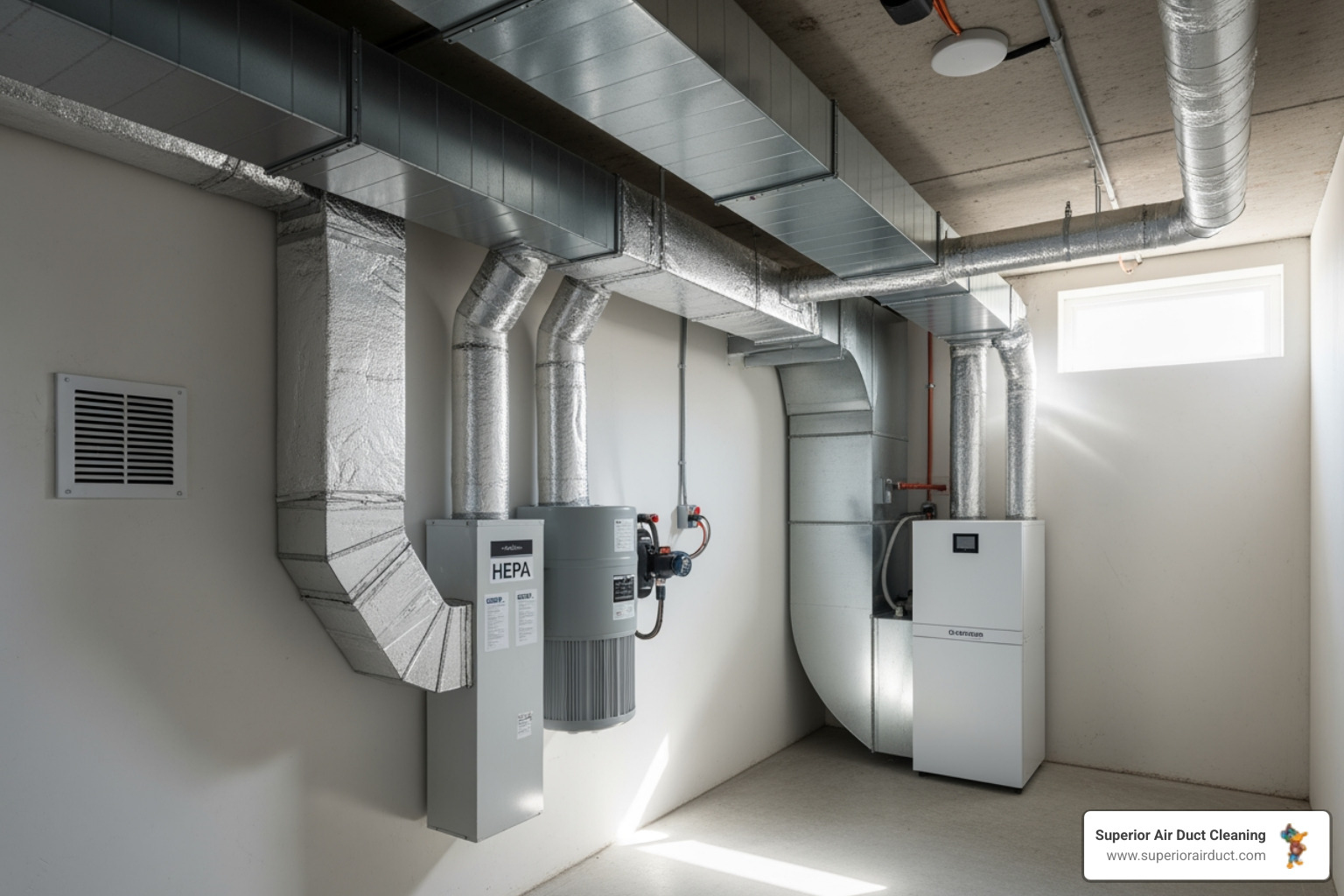






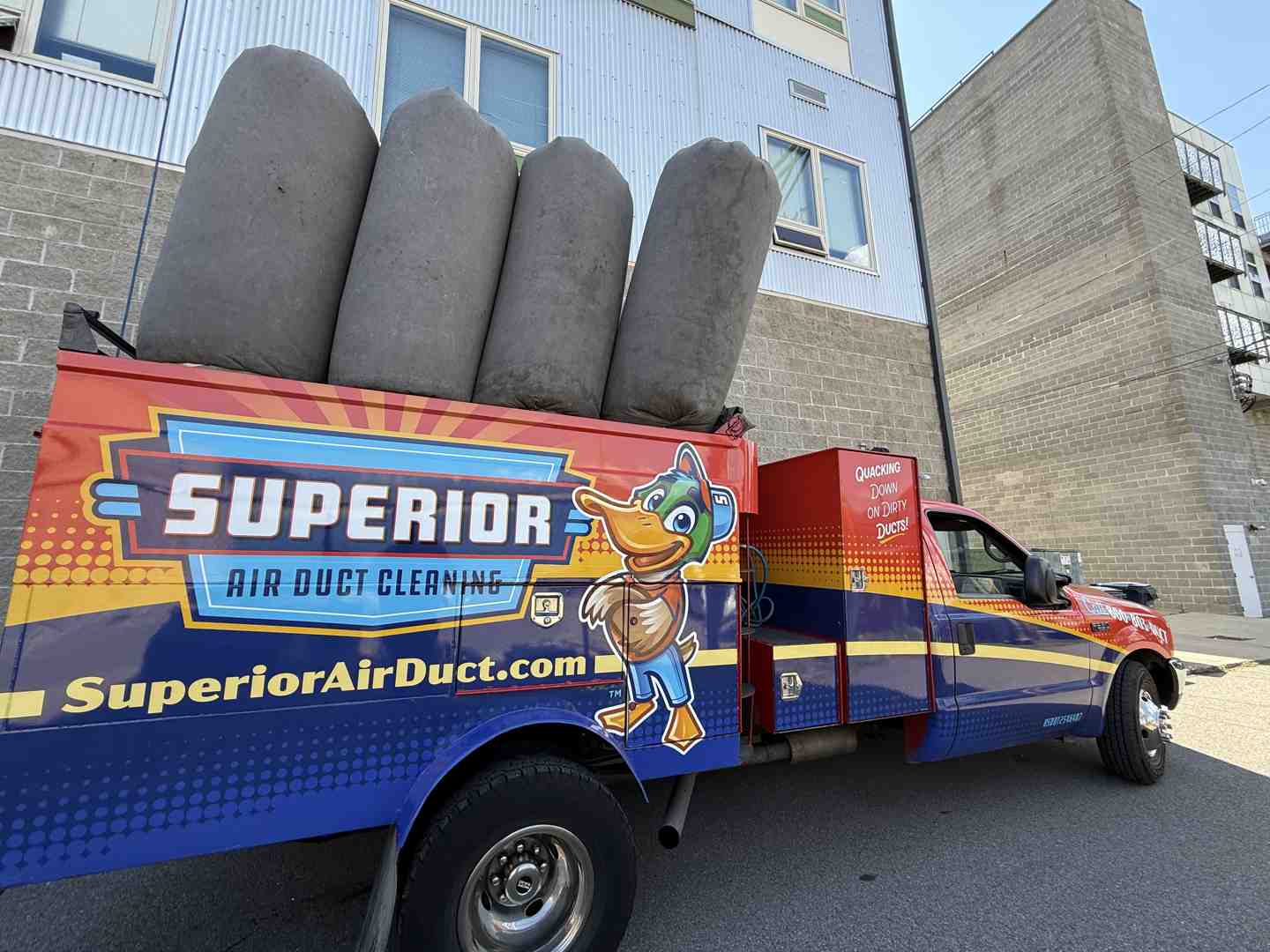

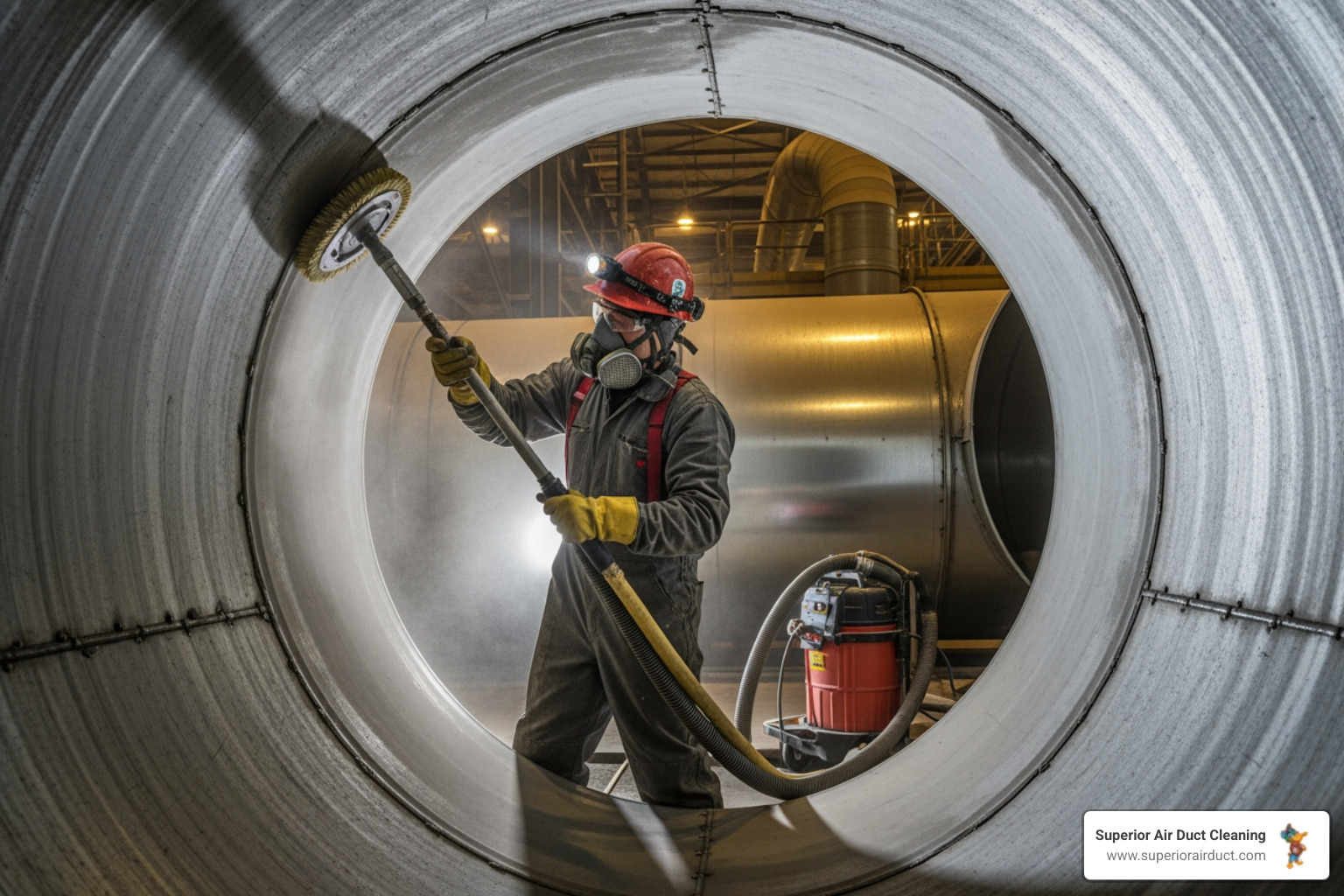


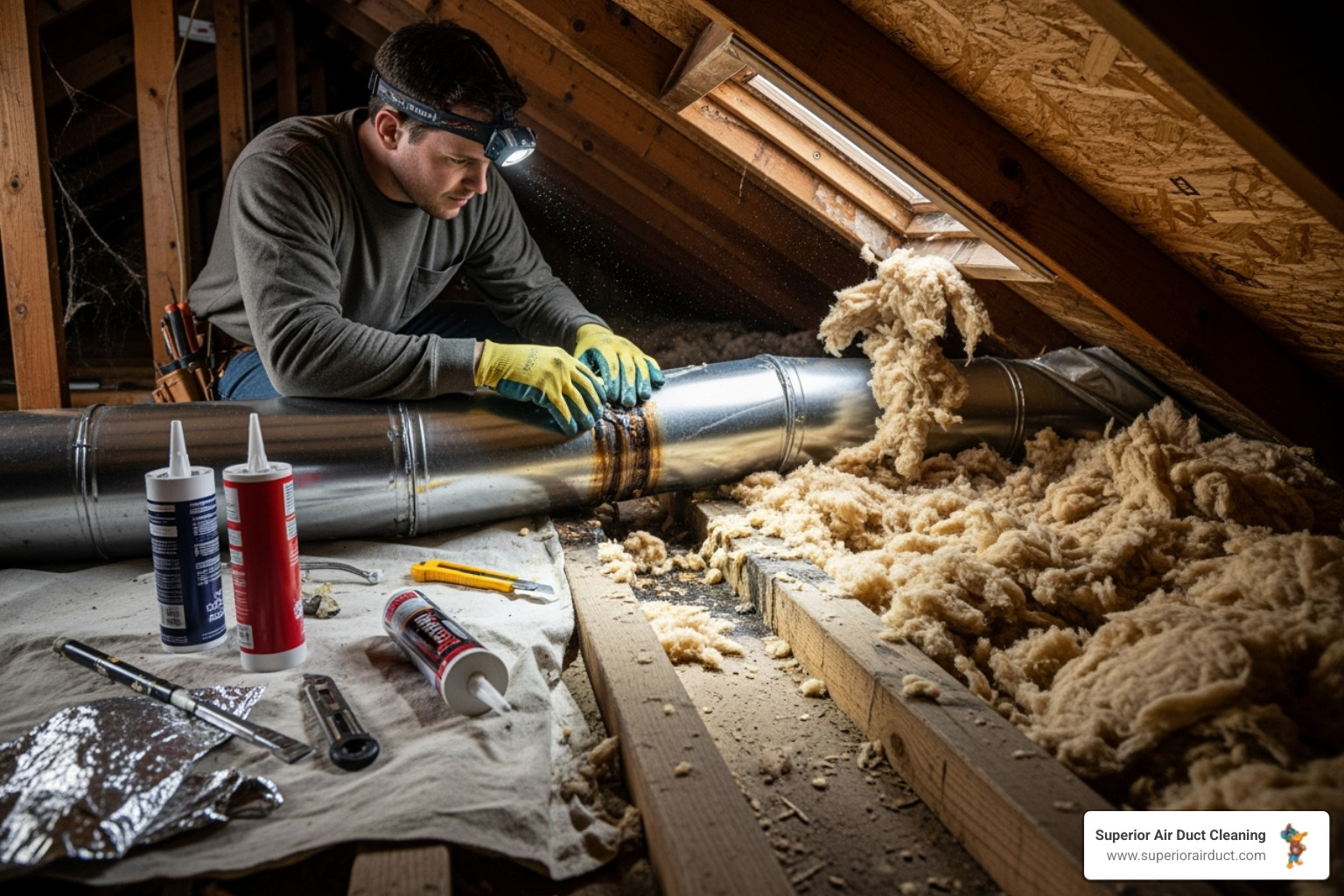
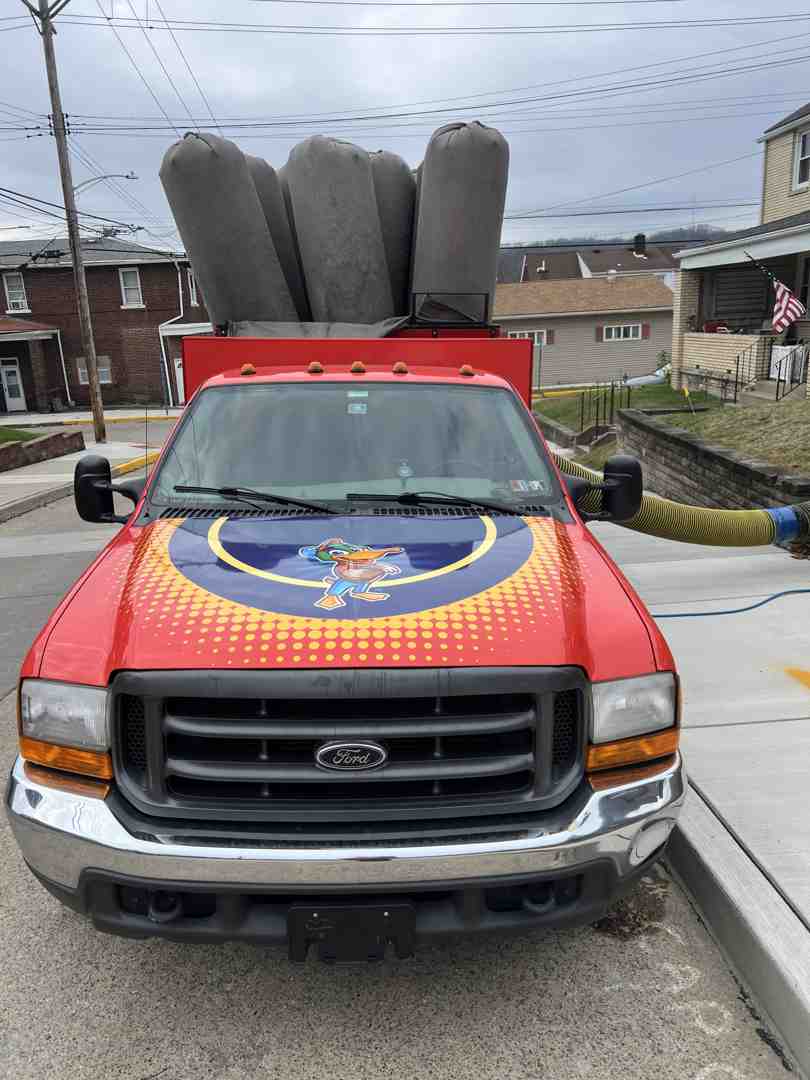

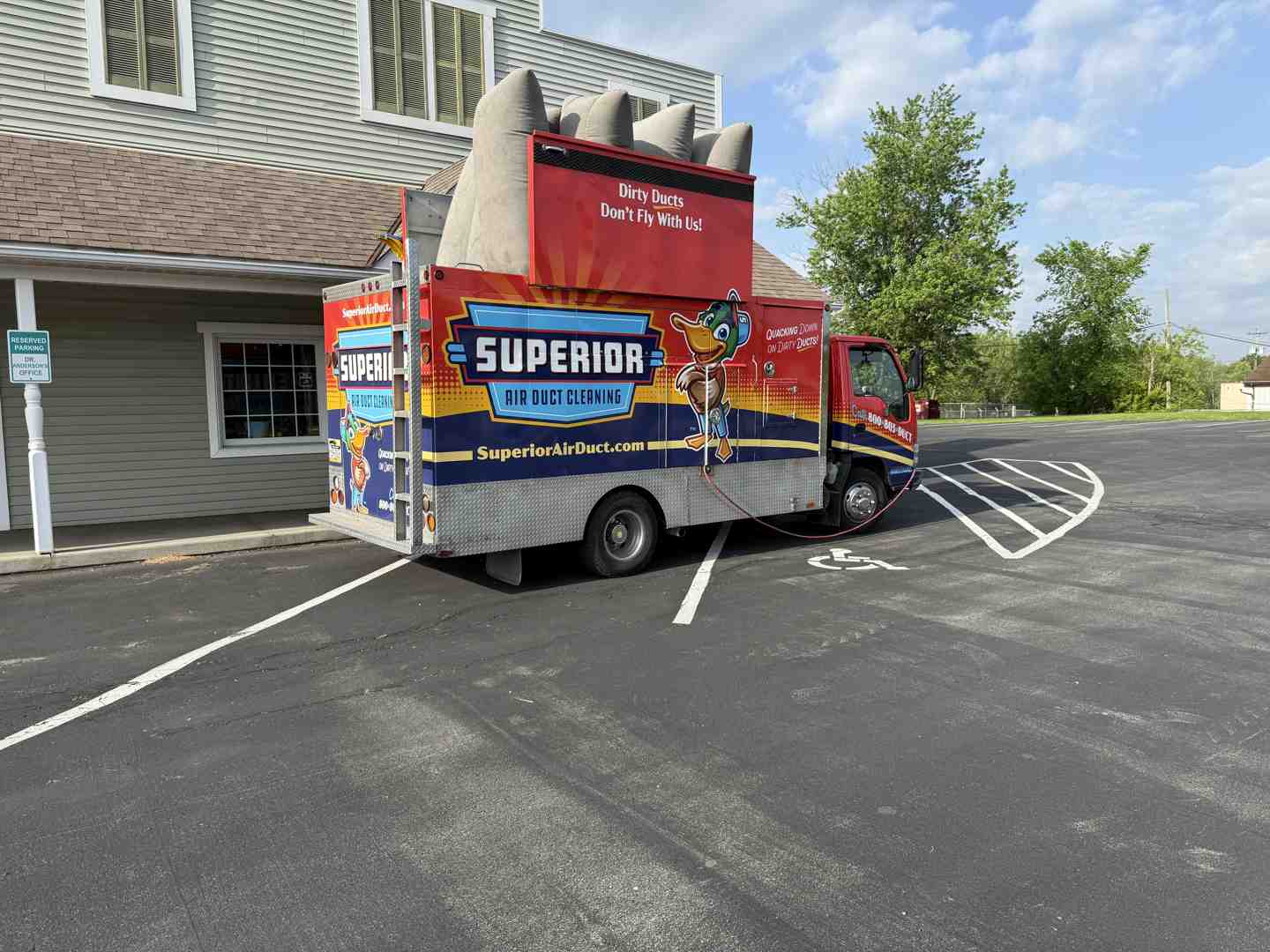


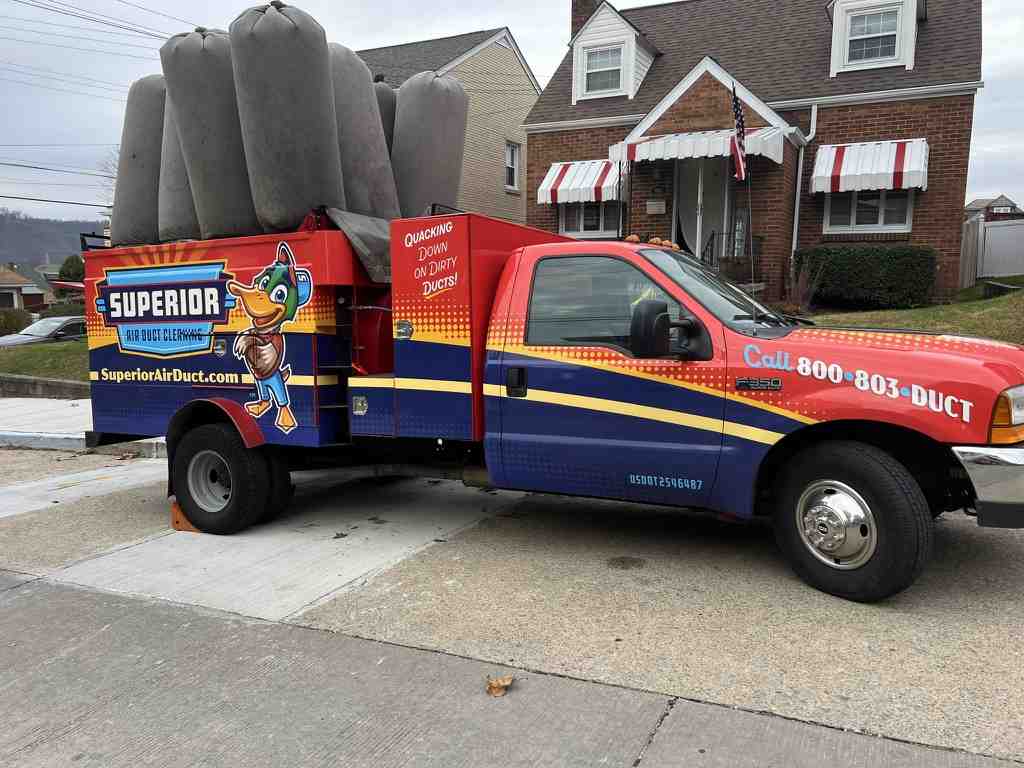


I need to find a service to remove dust from the air ducts in my Pittsburgh home. Who should I call?














